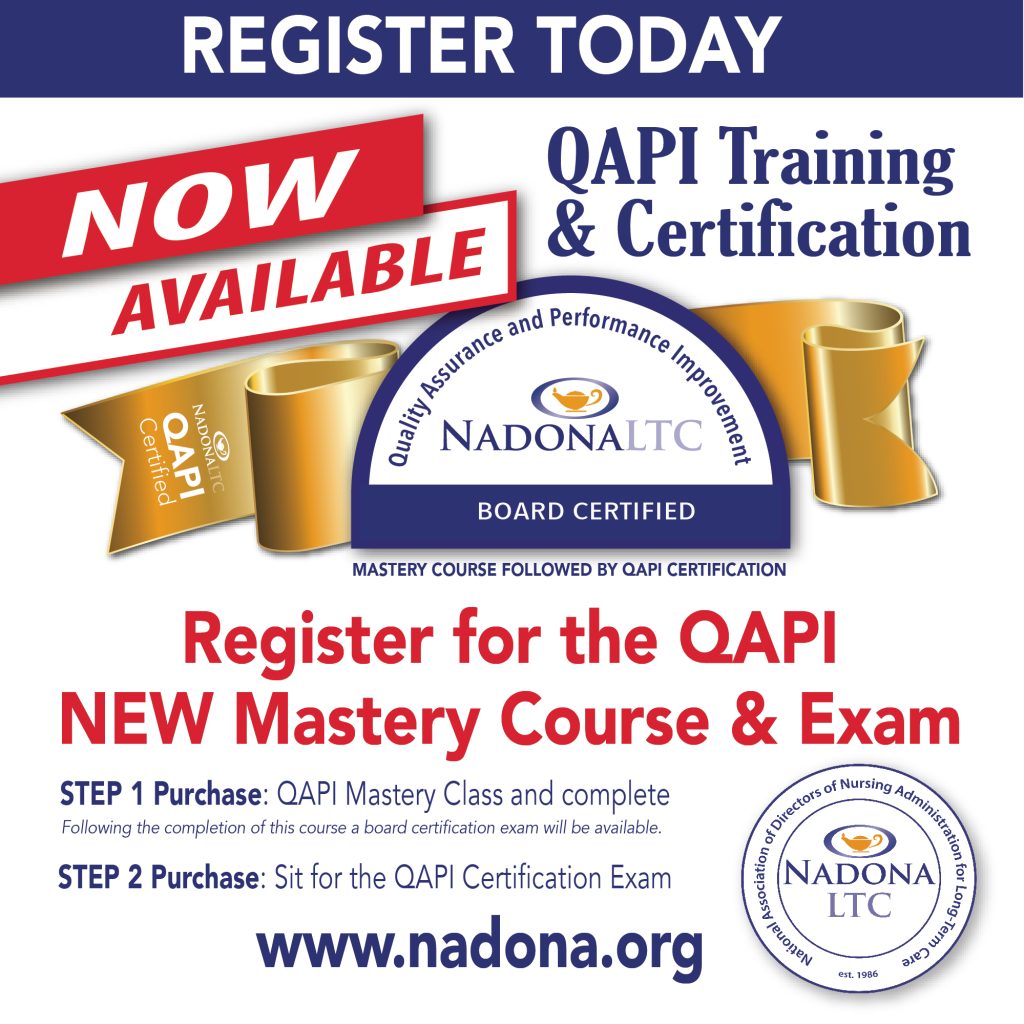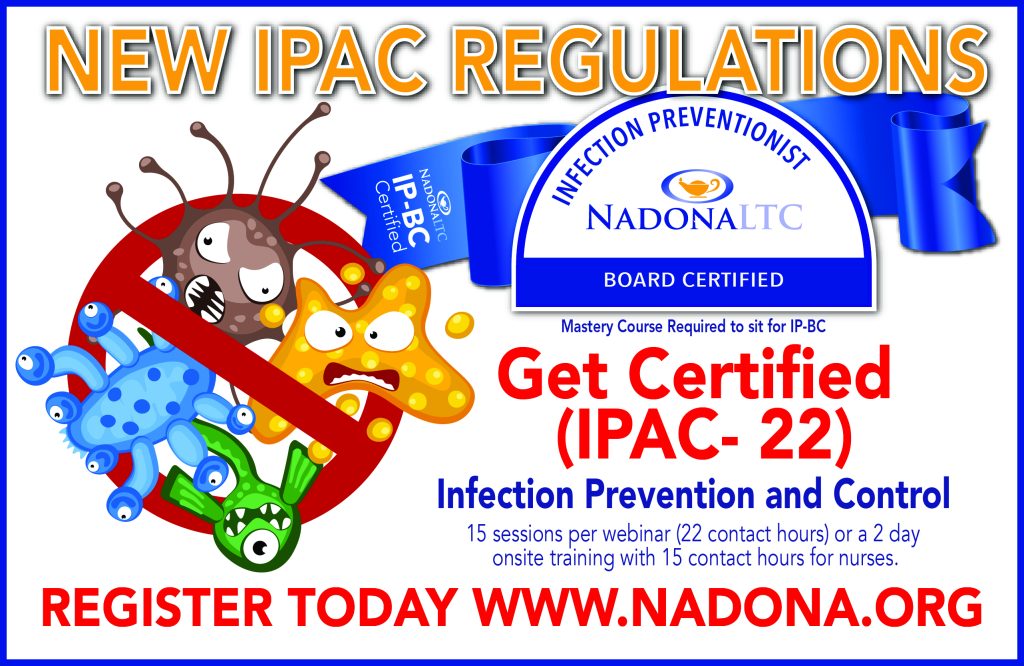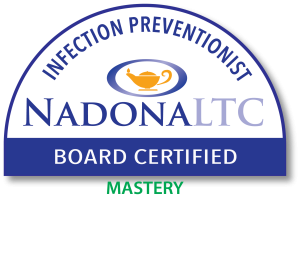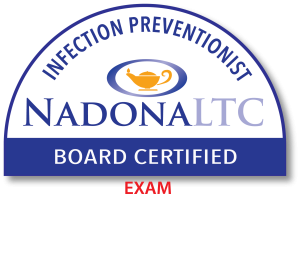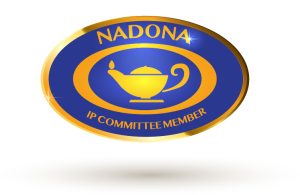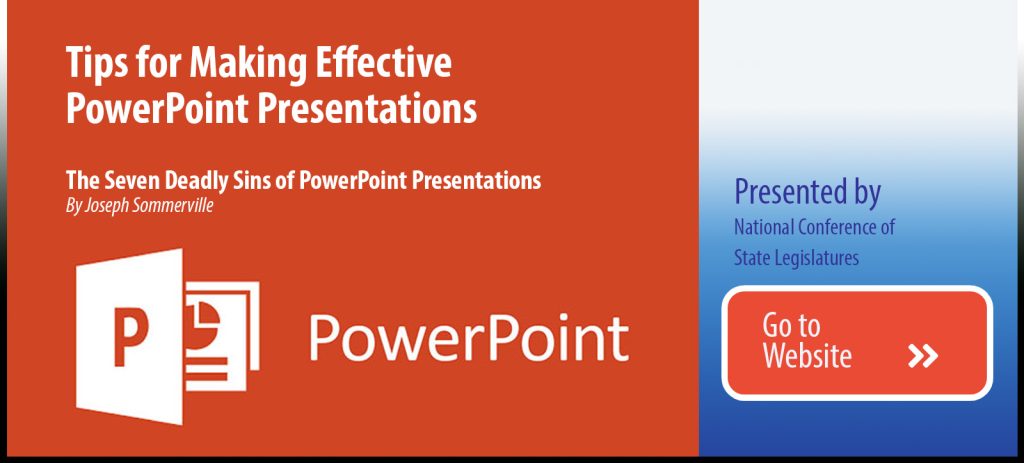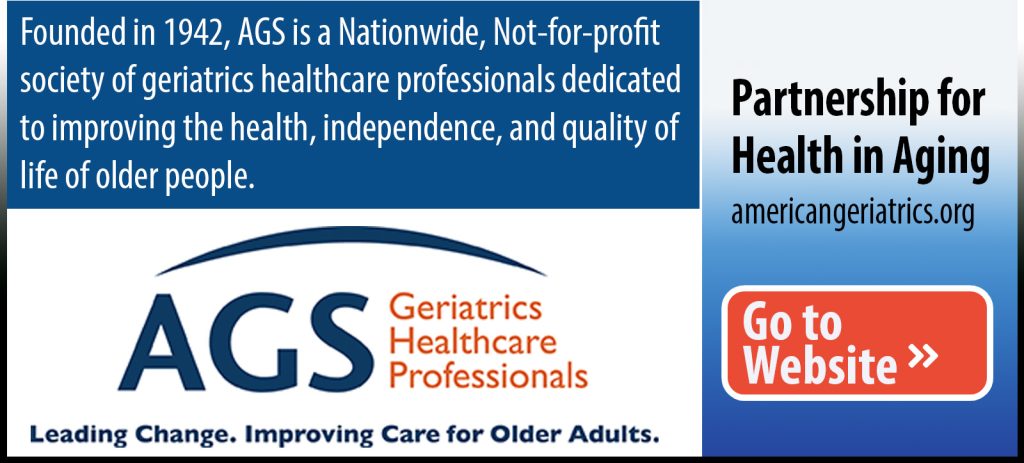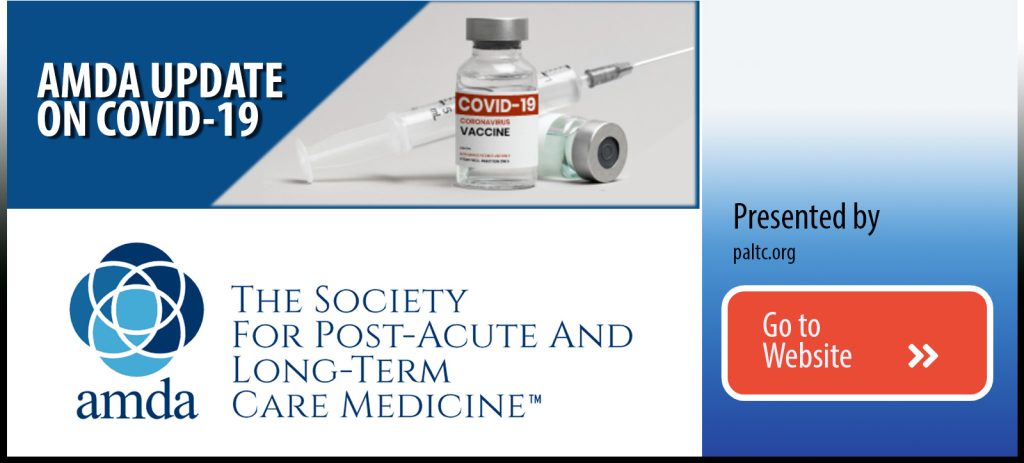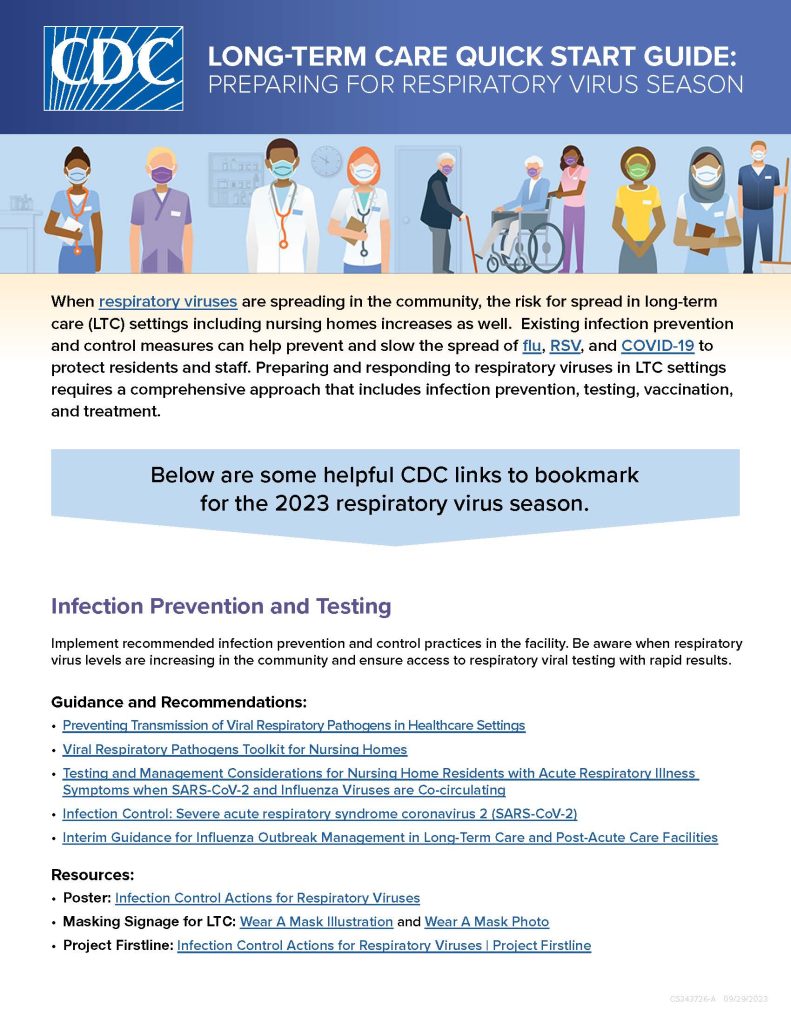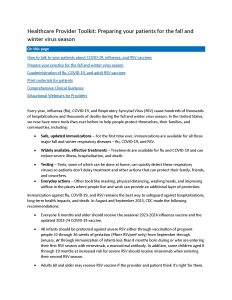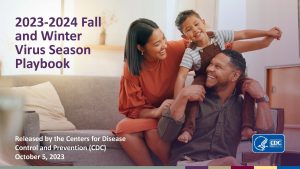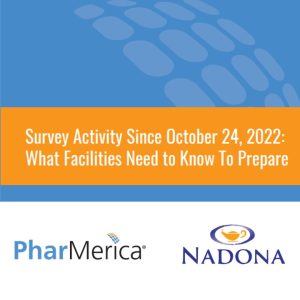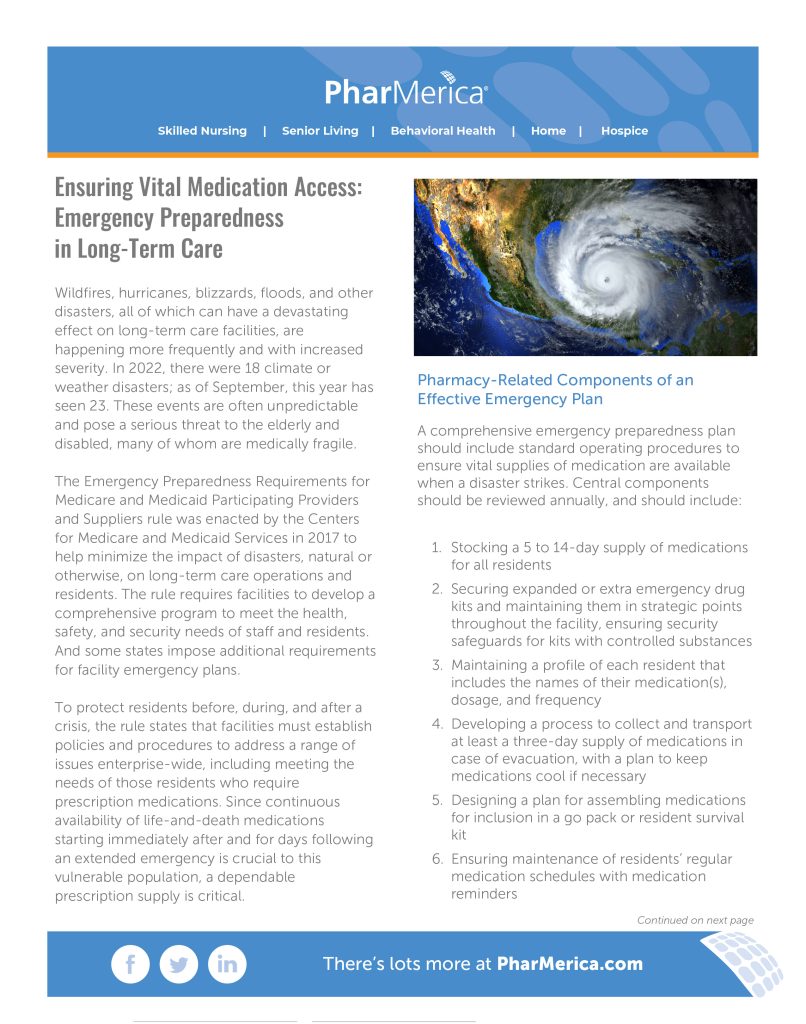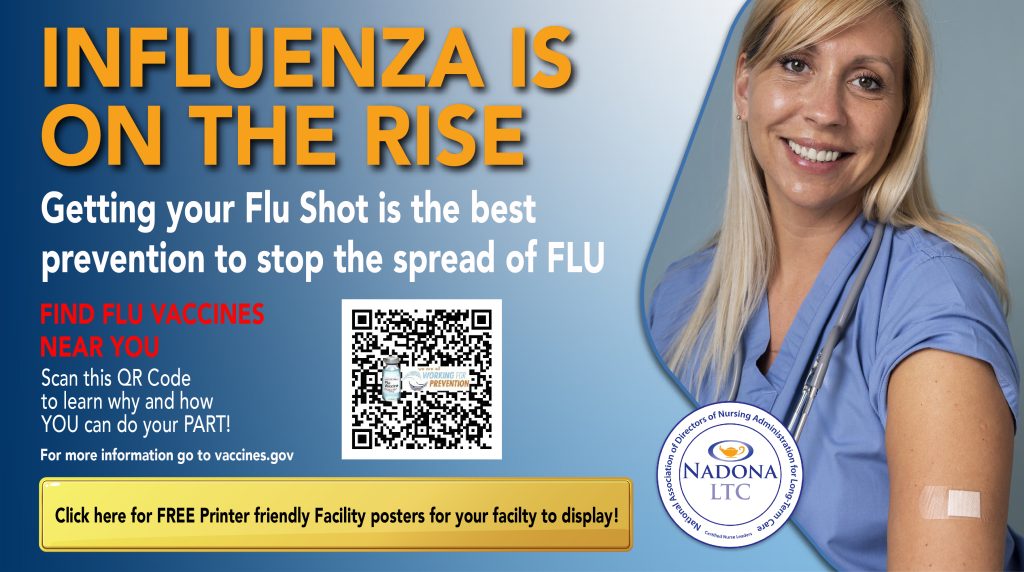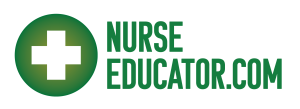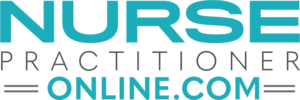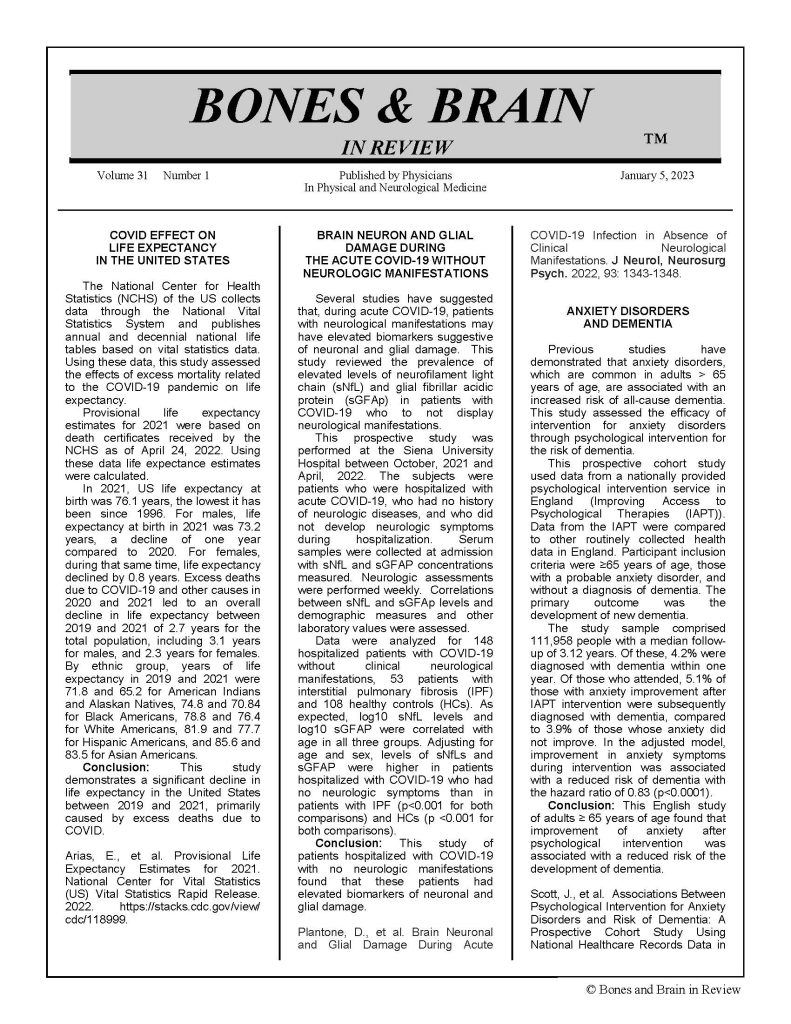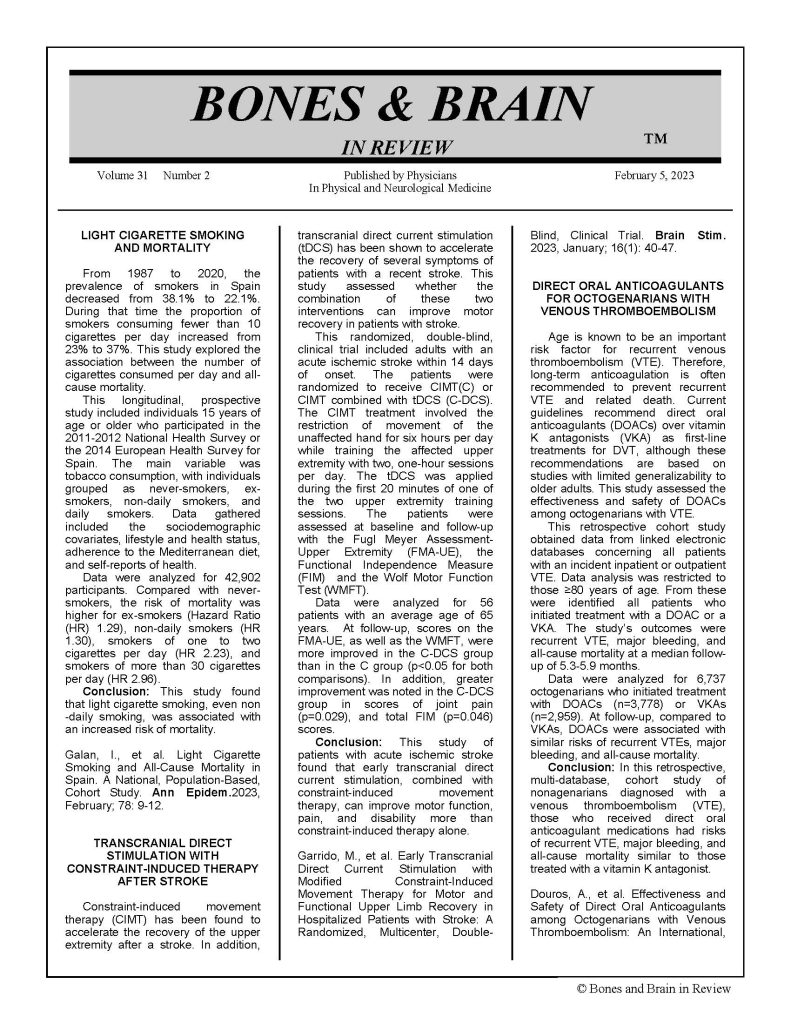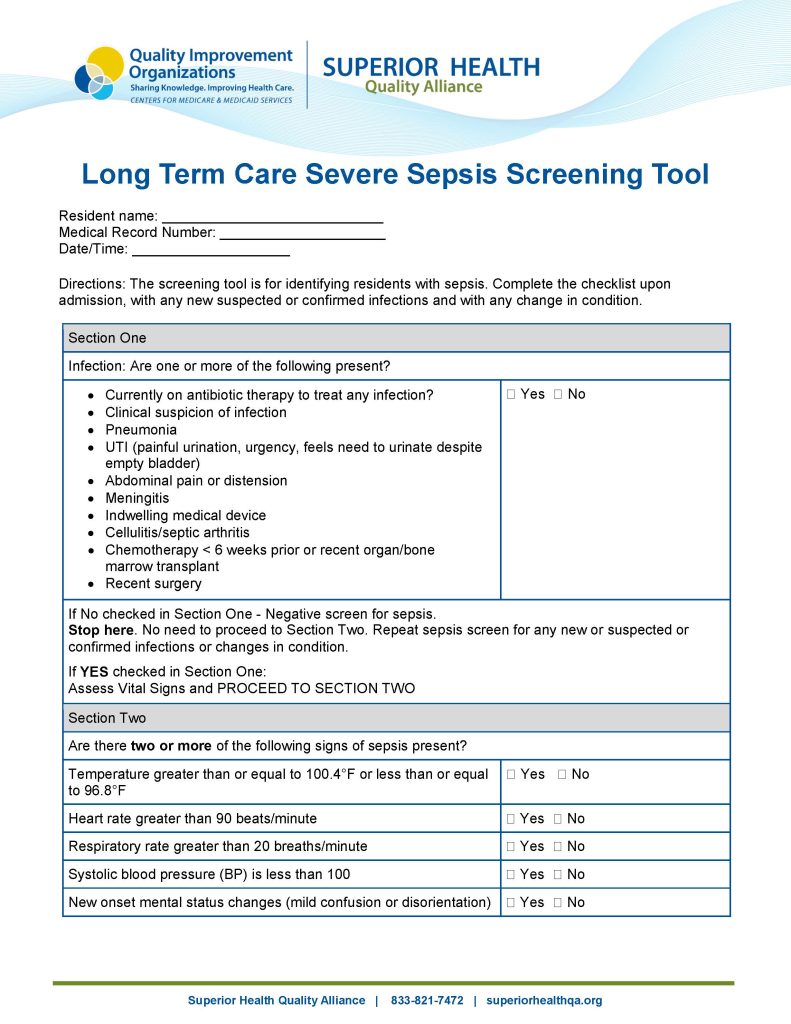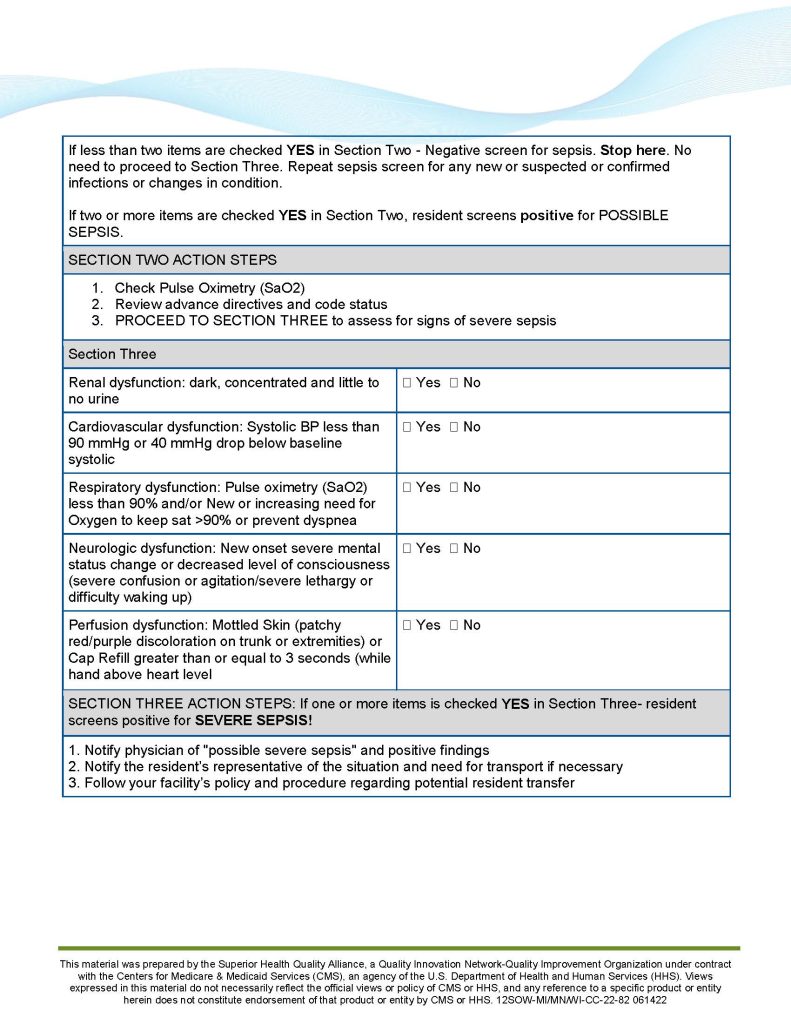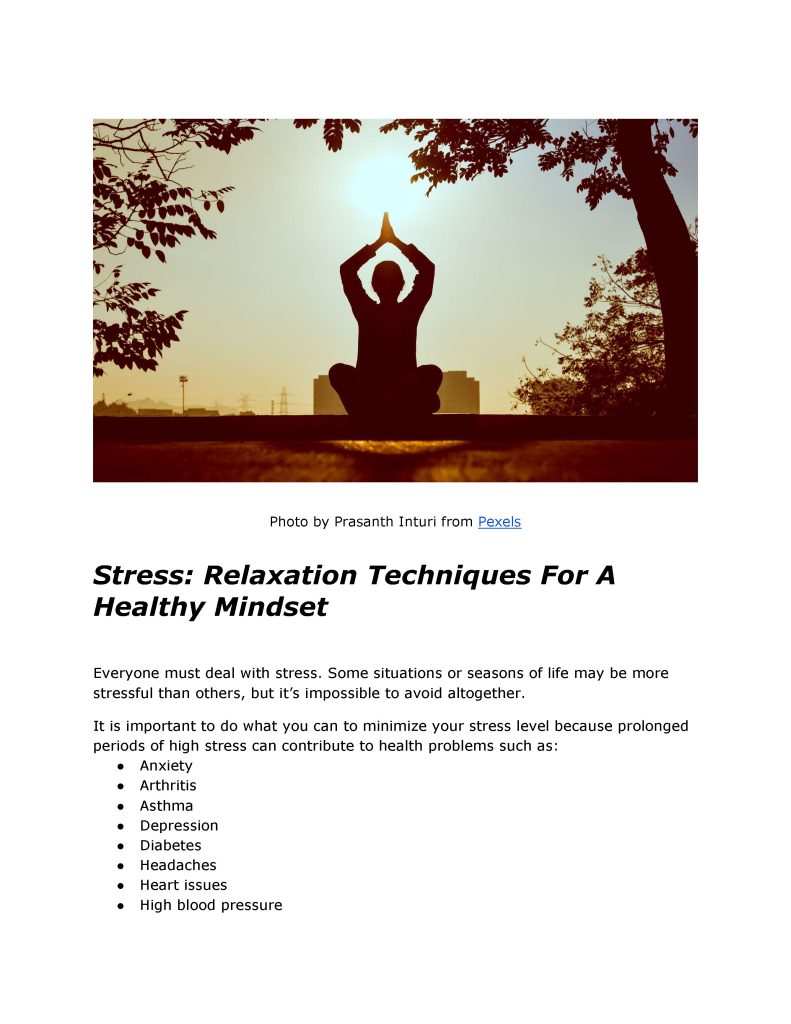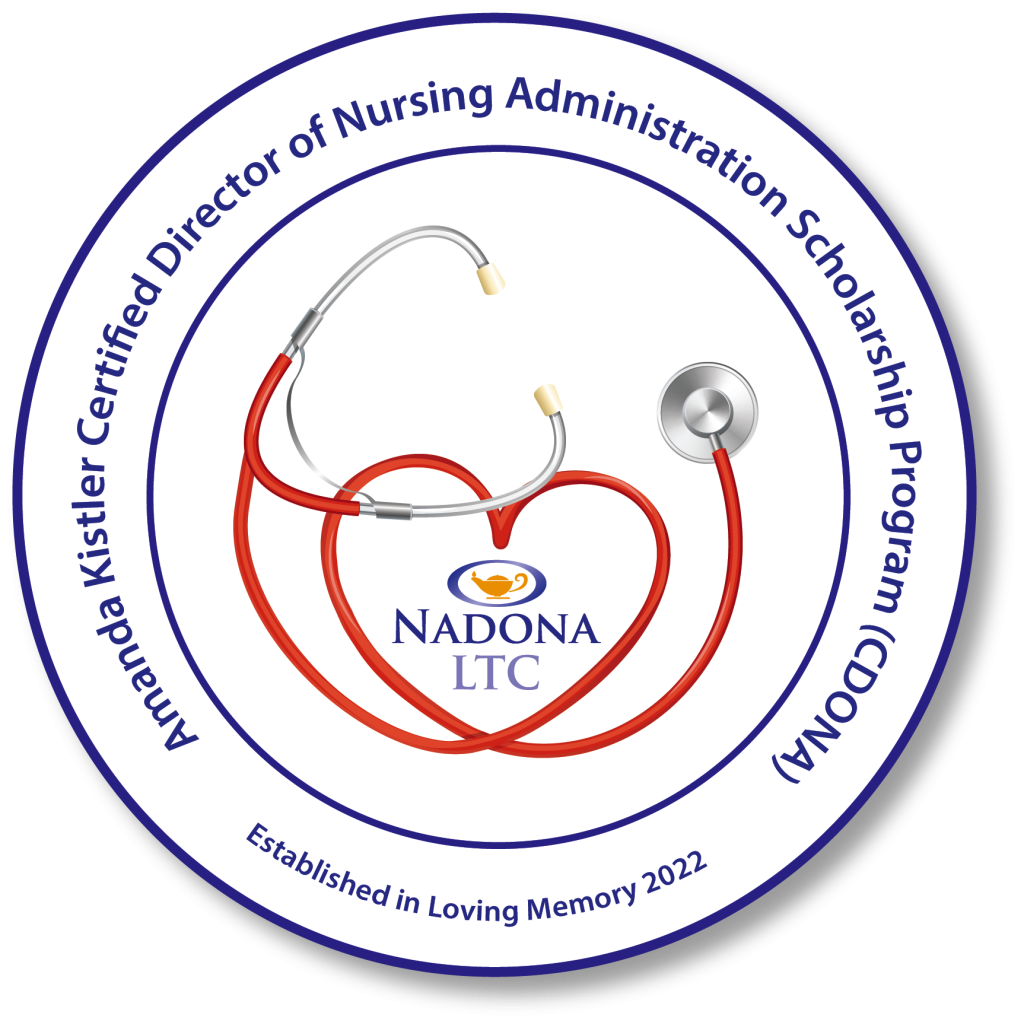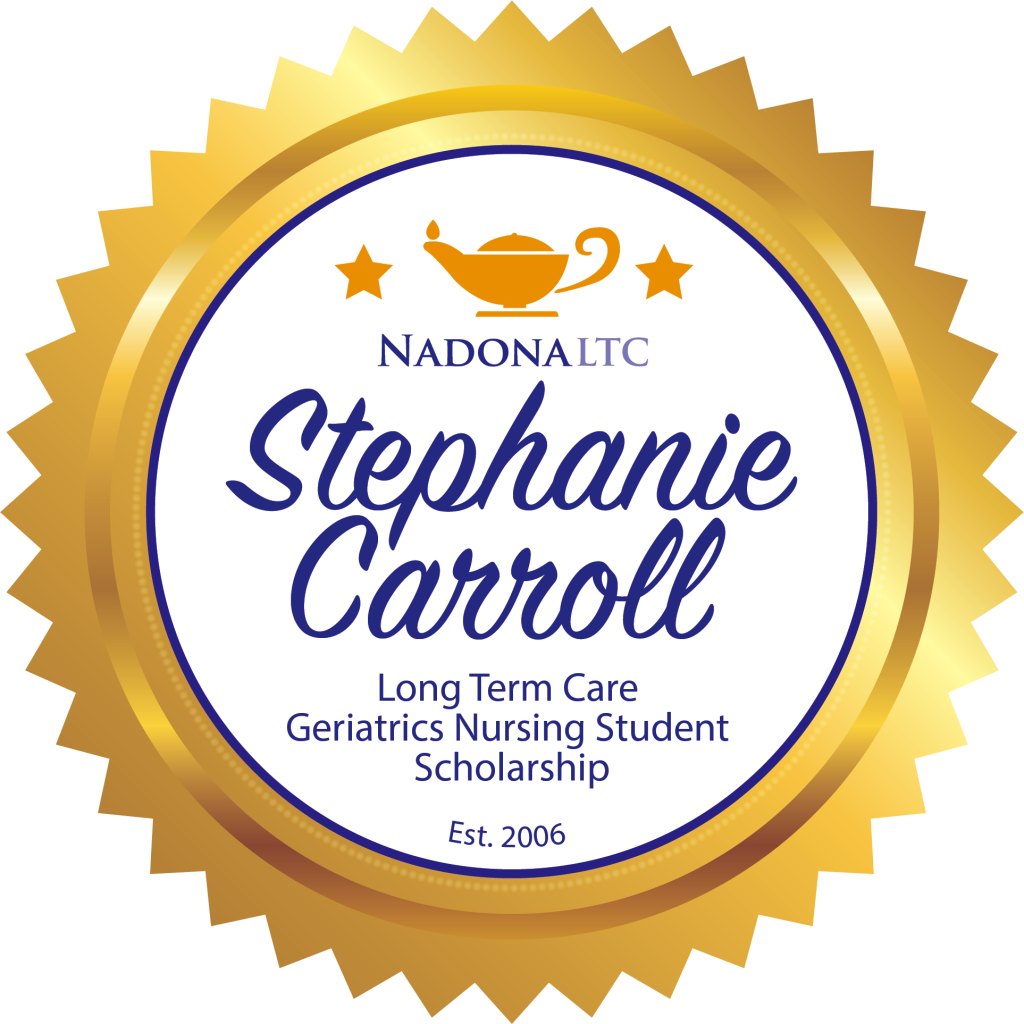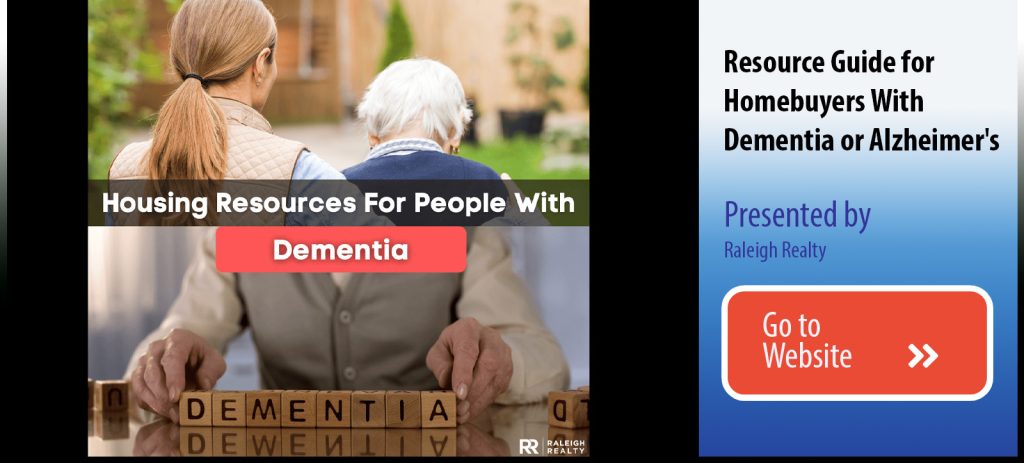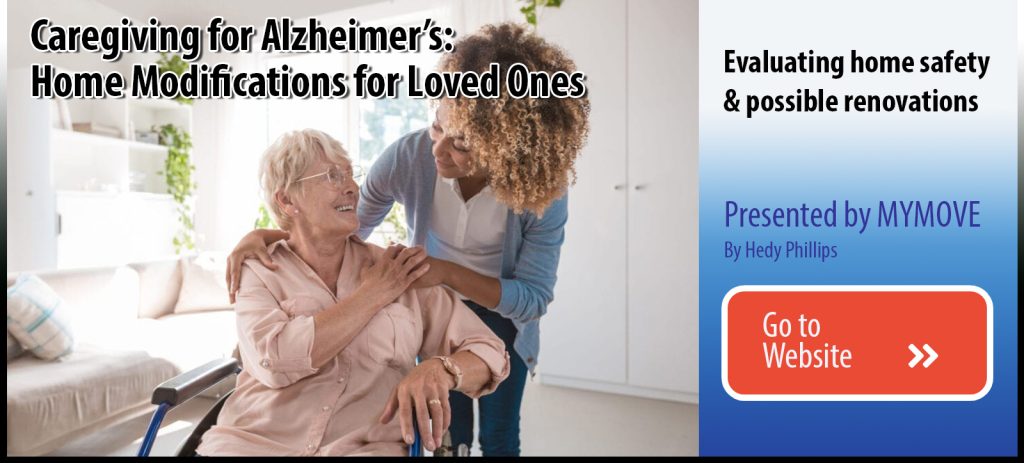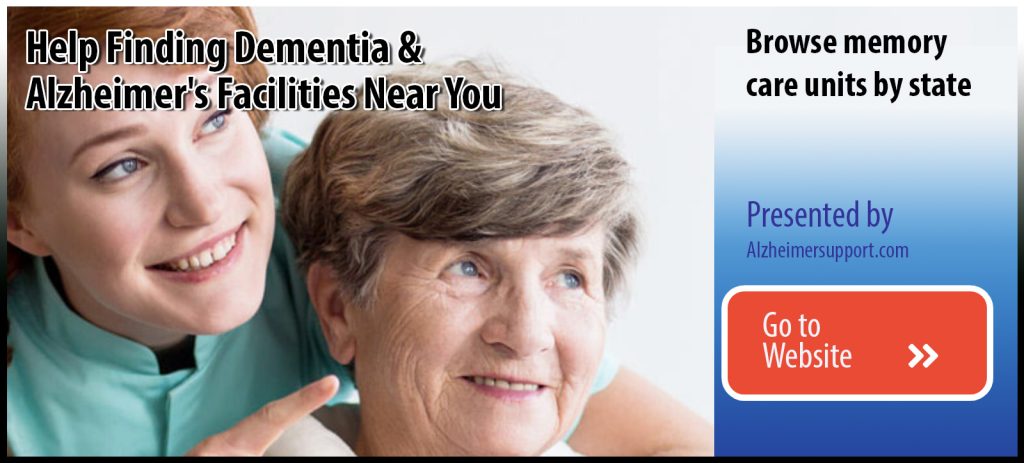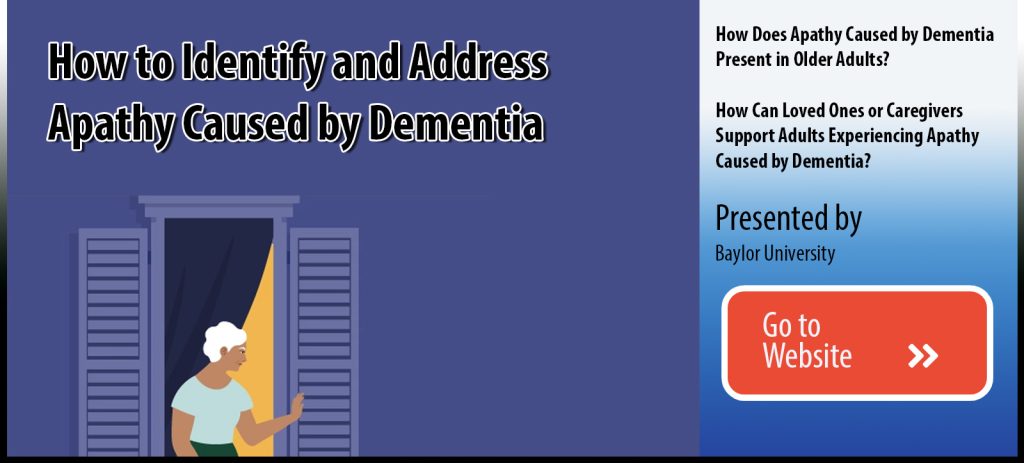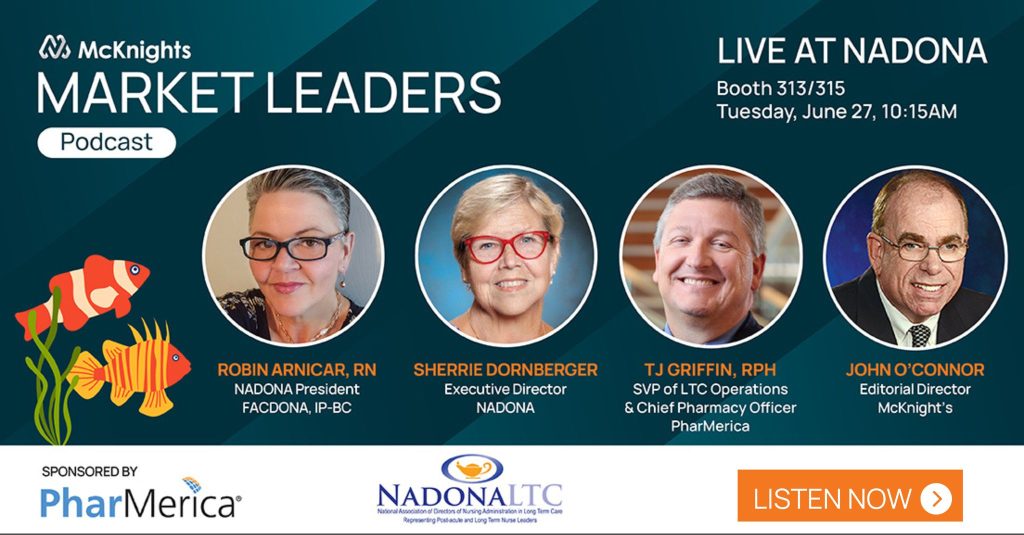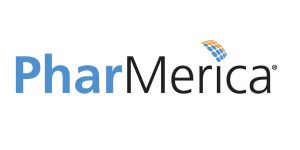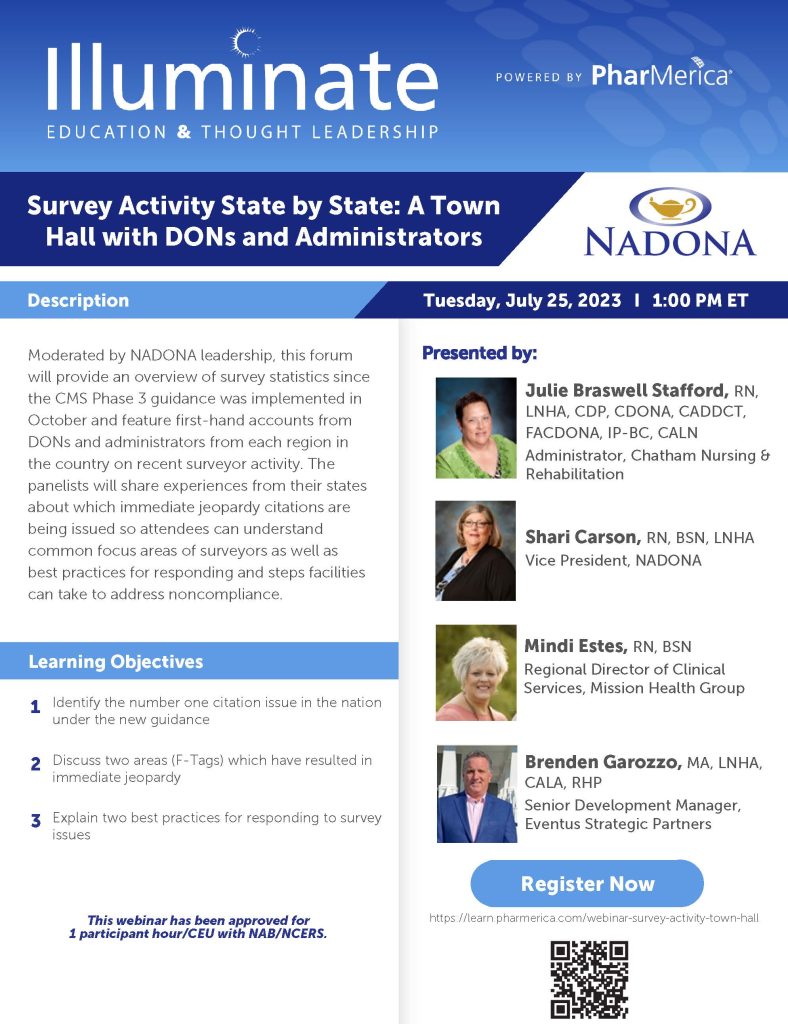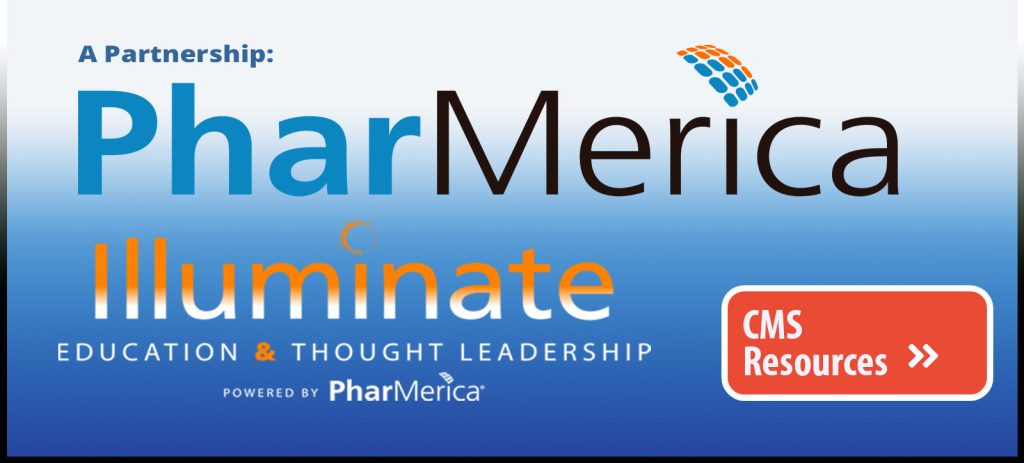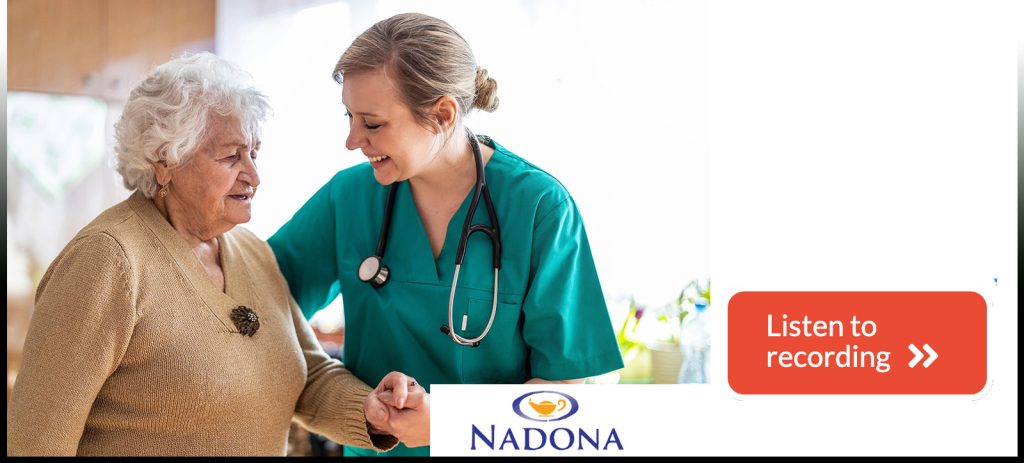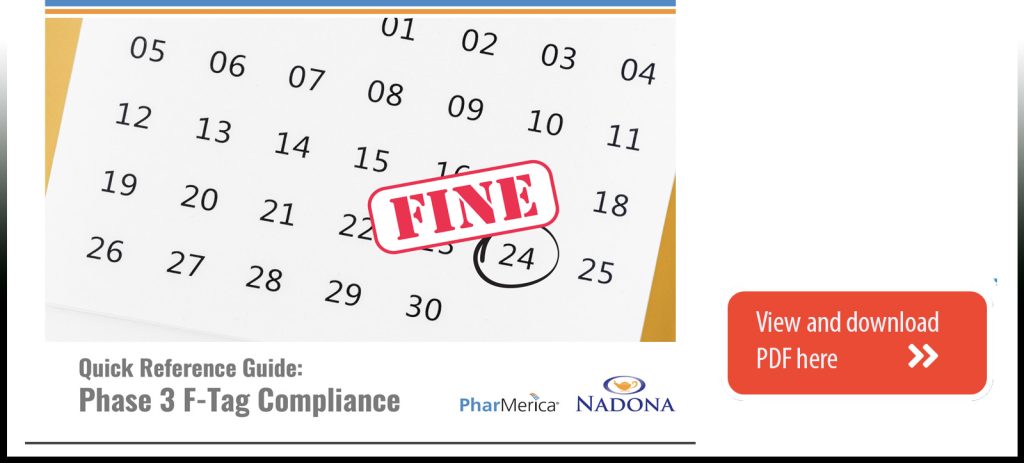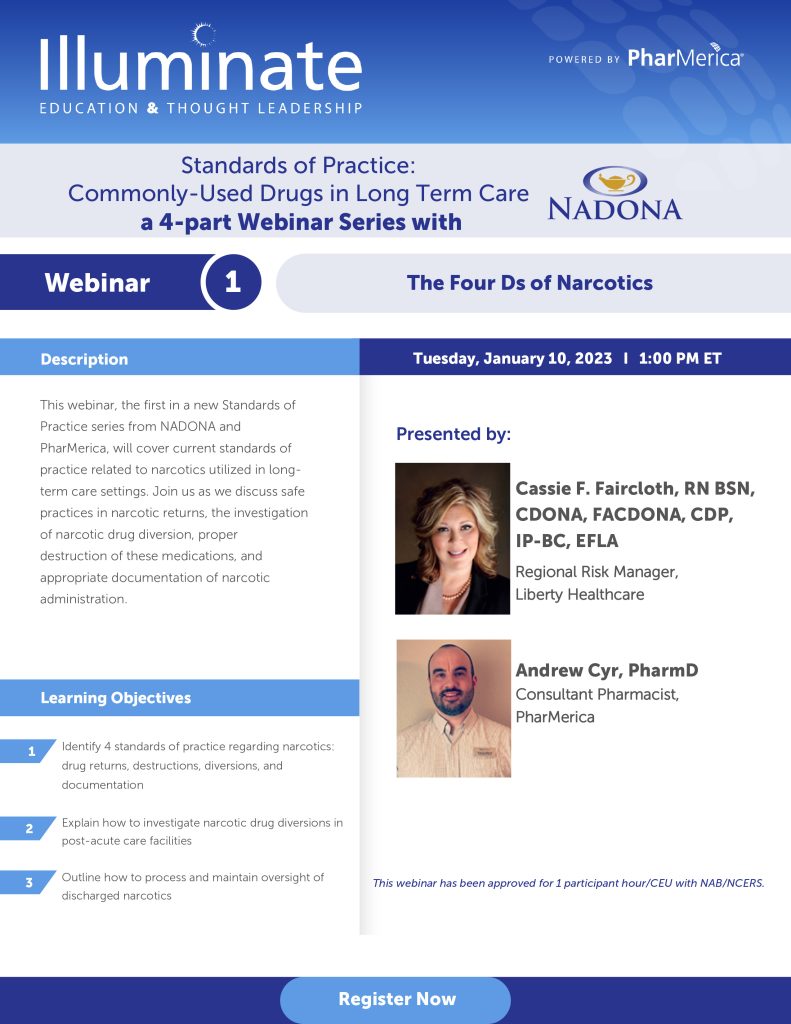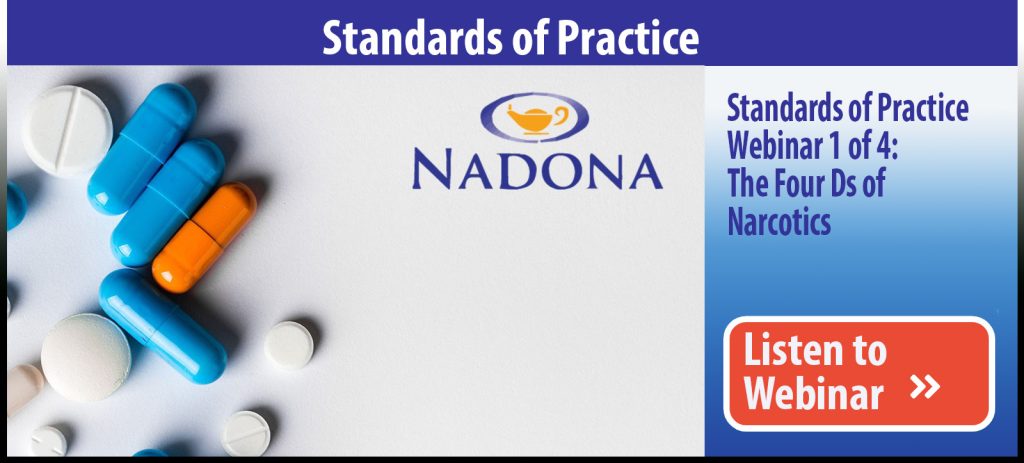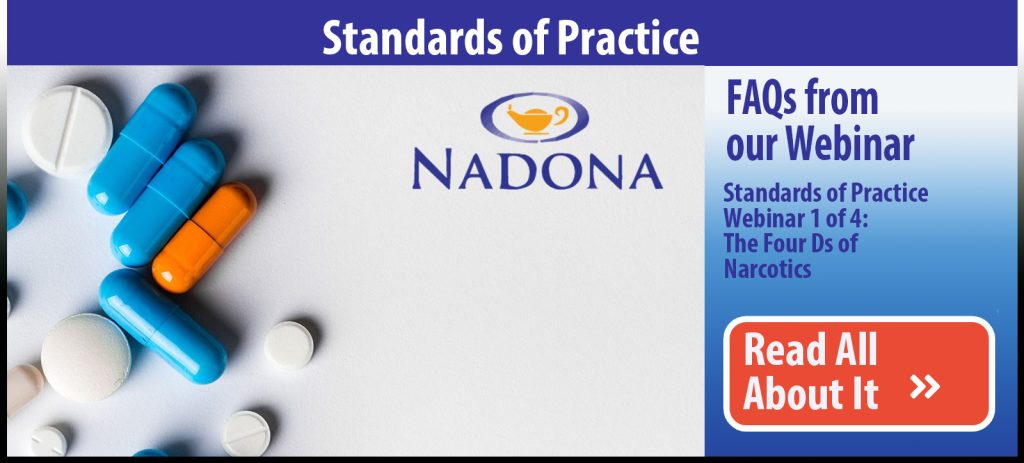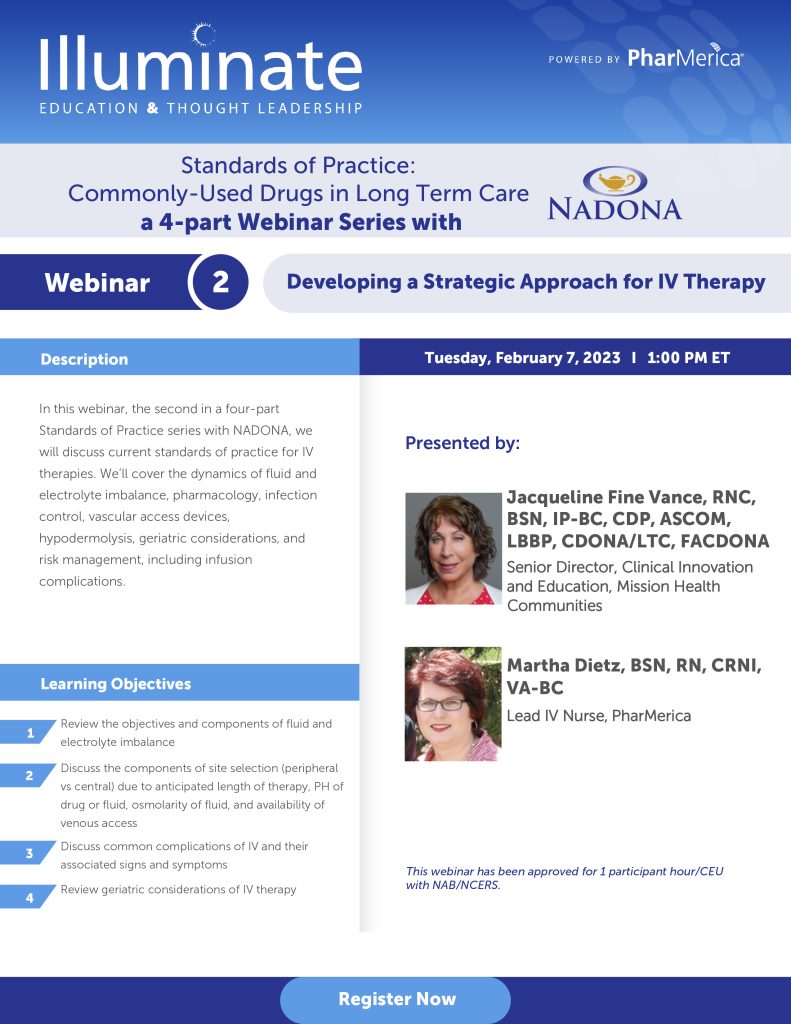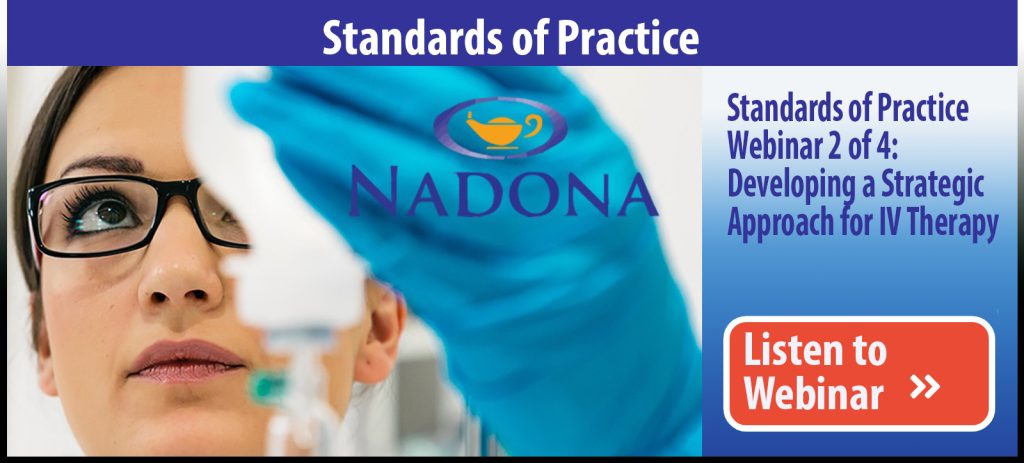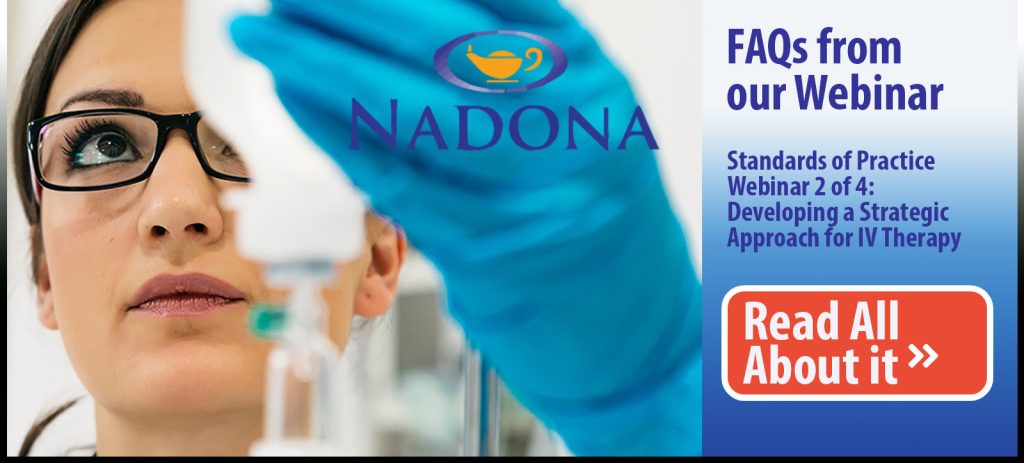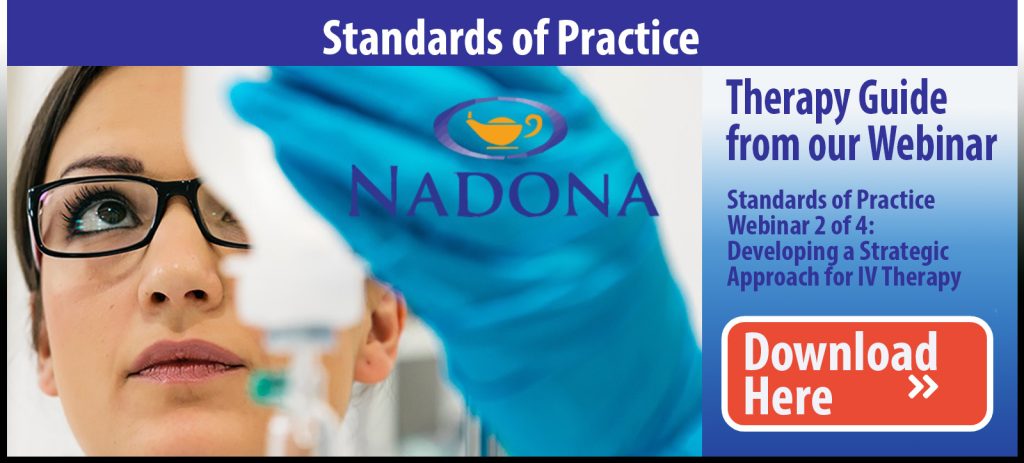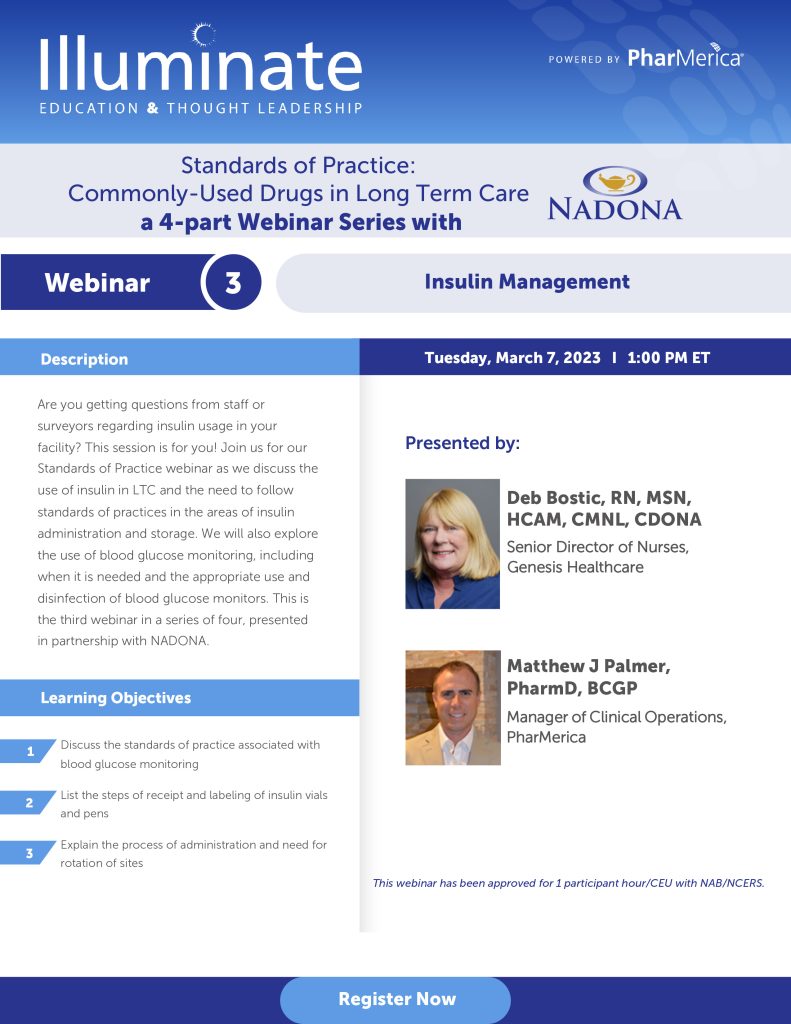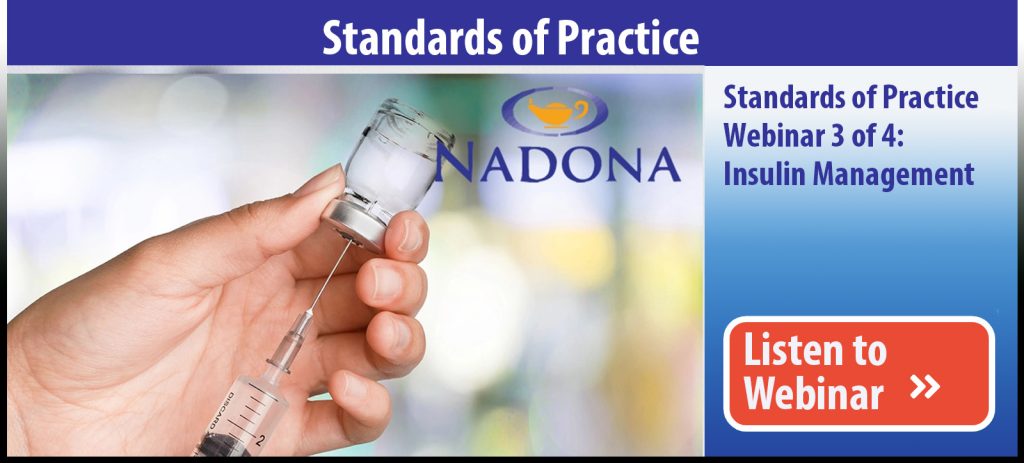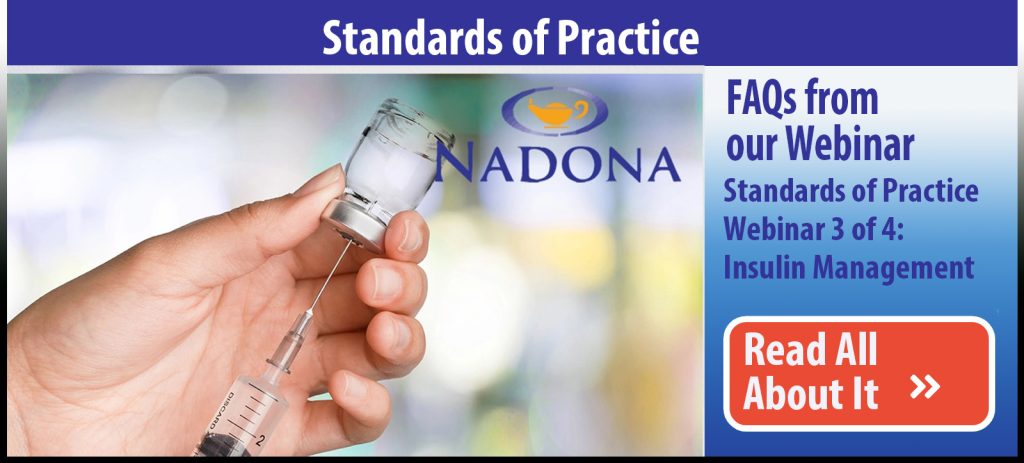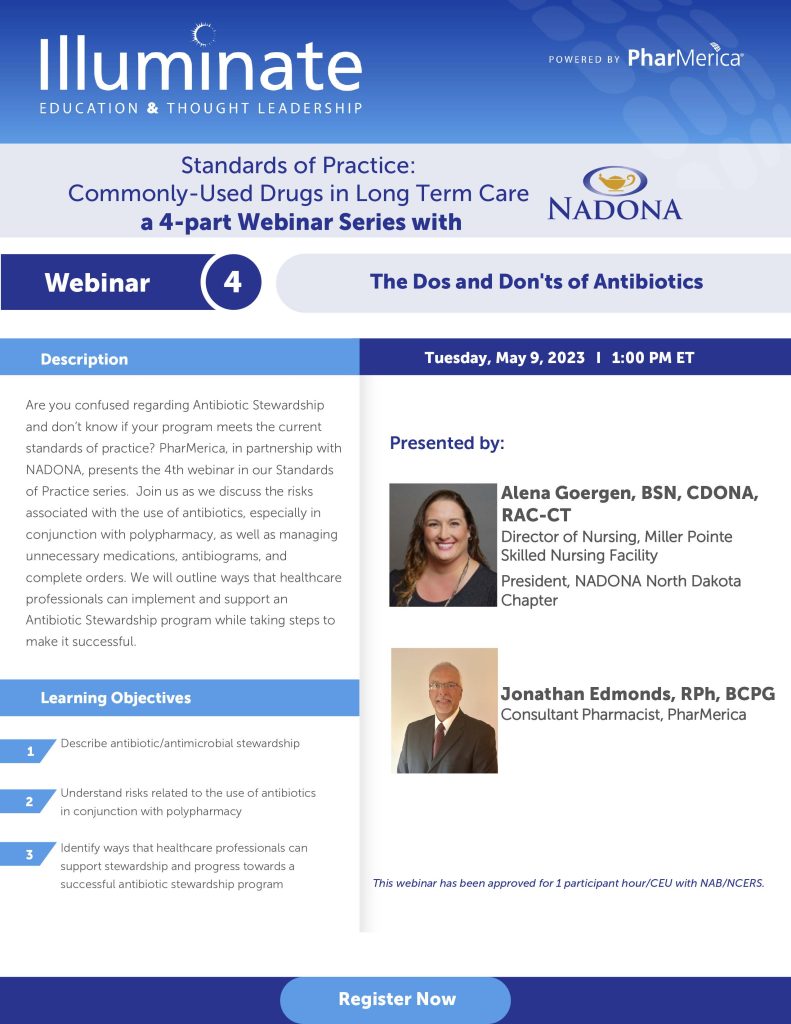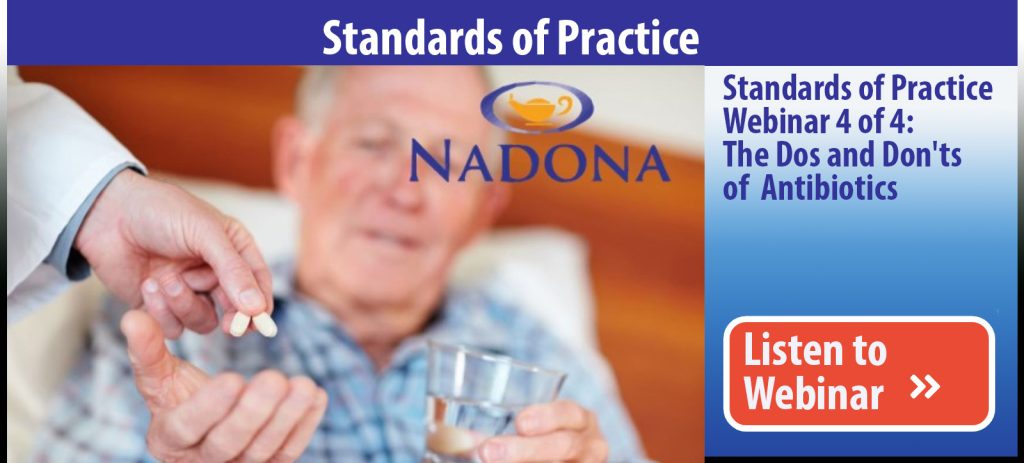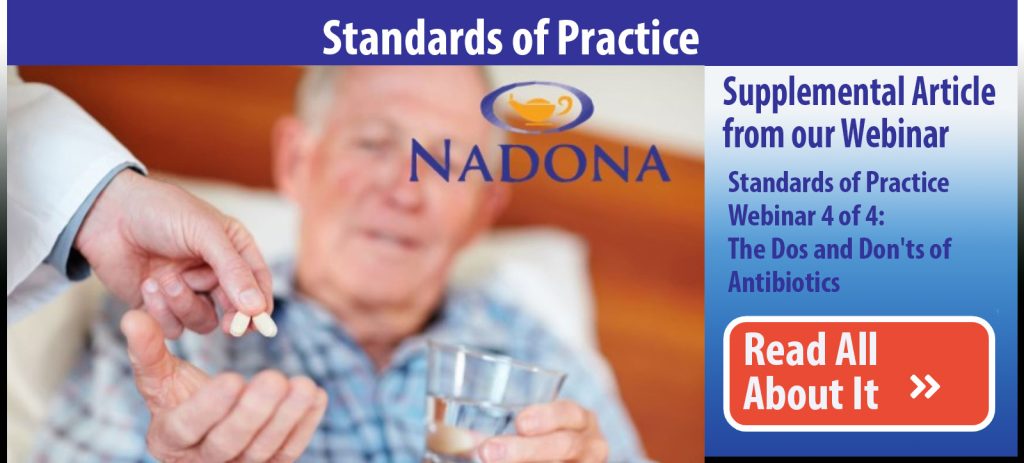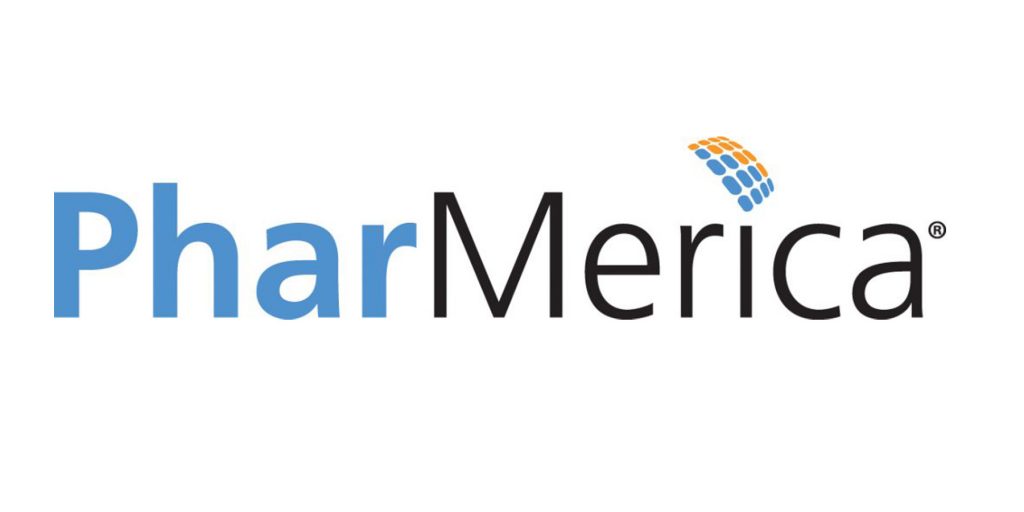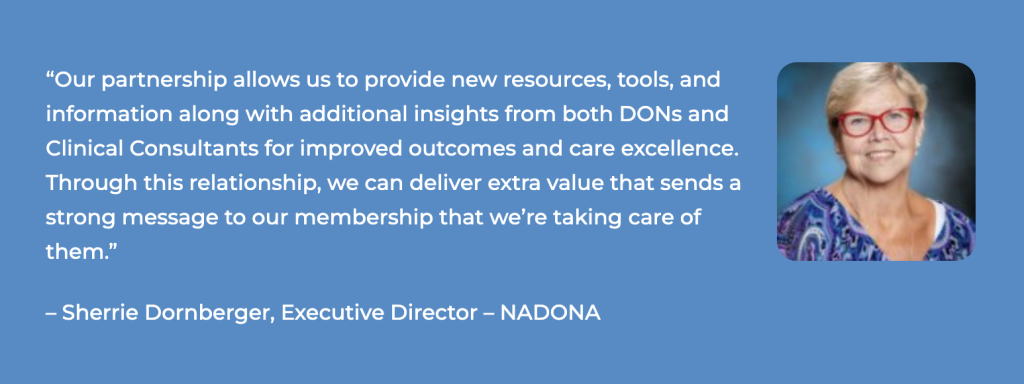- CERTIFICATION PROGRAM: QAPI (Quality Assurance and Performance Improvement)
- CERTIFICATION PROGRAM: Infection Prevention and Control
- CERTIFICATION / RESOURCES: CNA (Certified Nurse Assistant)
- CERTIFICATION / RESOURCES: CMA - (Certified Medical Assistant)
- CERTIFICATION / RESOURCES: LPN (Licensed Practical Nurse)
- CERTIFICATION / RESOURCES: LVN (Licensed Vocational Nurse)
- CERTIFICATION / RESOURCES: NP - (Nurse Practitioner)
- CERTIFICATION / RESOURCES: Nurse Researcher Degree Requirement
- MEDIA SHARING: 7 Deadly Sins of PowerPoint Presentations
- ORGANIZATION: AGS - American Geriatrics Society - Geriatrics Healthcare Professionals
- ORGANIZATION: AMDA - The Society for PA and LTC Medicine
- ORGANIZATION: FDA - Food and Drug Administration Resources
- ORGANIZATION: NSNA - National Student Nurses' Association
- ORGANIZATION: The Joint Commission
- ORGANIZATION: TMF Health Quality Institute
- ORGANIZATION: QIO (Quality Innovation Network)
- RESOURCE: AGS - 2023 updated AGS Beers Criteria®
- RESOURCE: Antipsychotic Medication Use Data Report
- RESOURCE: CDC Respiratory Virus Season ~ 2023-2024 Fall and Winter
- RESOURCE: CMS - Centers for Medicare and Medicaid Services Resources
- RESOURCE: CMS - Guidance for codes list F-Tags
- RESOURCE: CMS - Hospital Discharge Requirements (Post-Acute)
- RESOURCE: CMS - Survey activity from PharMerica
- RESOURCE: CMS - Technical Users’ Guide, Nursing Home Five-Star Quality Rating System
- RESOURCE: Disaster Management
- RESOURCE: ICARE Program Infection Control
- RESOURCE: ICD 10
- RESOURCE: Influenza Posters
- RESOURCE: NNHQI: Nursing Home Quality Improvement Campaign
- RESOURCE: NOBC Nurse On Board Coalition
- RESOURCE: Nursing Home Quality Improvement Pain Assessment Toolkits
- RESOURCE: Nurse and Residents Self Care
- RESOURCE: Nurse Career and Nursing Student Resources
- RESOURCE: NURSING.ORG
- RESOURCE: NURSINGEXAMS.ORG
- RESOURCE: NURSEEDUCATOR.COM
- RESOURCE: NURSEPRACTITIONERONLINE.COM
- RESOURCE: Medicare Durable Medical Equipment Sourcing Assistance
- RESOURCE: Physical and Neurological "Bones and Brain in Review"
- RESOURCE: Project Echo: The University of North Texas Health Science Center at Ft. Worth
- RESOURCE: Reducing Hospitalization
- RESOURCE: Senior Care Management
- RESOURCE: Senior Living Resources
- RESOURCE: Sepsis Screening Tool
- RESOURCE: Social Security Official Information
- RESOURCE: Stress Reduction
- RESOURCE: Resume Ideas
- SCHOLARSHIP: EduBirdie Scholarship | $1000 ESSAY SCHOLARSHIP
- SCHOLARSHIP: GOODRX Nurses for Change Scholarship
- SCHOLARSHIP: NadonaLTC
- SUPPORT: Alzheimer Resources
- SUPPORT: Mesothelioma
- SUPPORT: Pneumonia Resources
- SUPPORT: Speech Pathology Resources
- SUPPORT: Vaccinations
- SUPPORT: Wound Care Resources
- VETERANS RESOURCES - Healthcare for U.S. Veterans - Free Grants
- WEBINARS/PODCAST: McKnights Podcast Series
- WEBINARS/PODCAST: Nadona LTC
- WEBINARS/PODCAST: PharMerica "A Town Hall with DONs and Administrators Webinar"
- WEBINARS/PODCAST: PharMerica Illuminate Webinars on CMS
- WEBINARS/PODCAST: PharMerica Illuminate Webinars on STANDARDS OF PRACTICE
- WEBINARS/PODCAST: PharMerica Partners in Nurse Advancement

From the Centers for Medicare & Medicaid Services
WHAT IS QAPI?
QAPI is the merger of two complementary approaches to quality management, Quality Assurance (QA) and Performance Improvement (PI). QA and PI combine to form QAPI, a comprehensive approach to ensuring high quality care. Both involve seeking and using information, but they differ in key ways:
QA is a process of meeting quality standards and assuring that care reaches an acceptable level. Nursing homes typically set QA thresholds to comply with regulations. They may also create standards that go beyond regulations. QA is a reactive, retrospective effort to examine why a facility failed to meet certain standards. QA activities do improve quality, but efforts frequently end once the standard is met.
PI (also called Quality Improvement – QI) is a proactive and continuous study of processes with the intent to prevent or decrease the likelihood of problems by identifying areas of opportunity and testing new approaches to fix underlying causes of persistent/systemic problems. PI in nursing homes aims to improve processes involved in health care delivery and resident quality of life. PI can make good quality even better.
From The Lake Superior Quality Innovation Network
QAPI Written Plan
Quality Assurance and Performance Improvement (QAPI) is a data driven and proactive approach to quality improvement. All members of an organization, including residents, are involved in continuously identifying opportunities for improvement. Gaps in systems are addressed through planned interventions with a goal of improving the overall quality of life and quality of care and services delivered to nursing home residents.
The QAPI plan will guide your organization’s performance improvement efforts. The QAPI regulation requires a written plan. This plan is a framework for an effective, comprehensive, data driven program that focuses on the indicators that reflect outcomes of care and quality of life. The plan will assist your organization in achieving what you have identified as the purpose of QAPI in your organization. The QAPI plan also is intended to be a living document that your organization will continue to review and revise. Your written QAPI plan will be made available to a state agency, federal surveyor, or CMS upon request. It reflects the way your organization has developed, implemented, and maintained your quality program.
PI (also called Quality Improvement – QI) is a proactive and continuous study of processes with the intent to prevent or decrease the likelihood of problems by identifying areas of opportunity and testing new approaches to fix underlying causes of persistent/systemic problems. PI in nursing homes aims to improve processes involved in health care delivery and resident quality of life. PI can make good quality even better.
From the Centers for Medicare & Medicaid Services
Guide for Developing Purpose, Guiding Principles, and Scope for QAPI
Use these step-by-step instructions to create a separate document that may be used as a preamble to your QAPI plan.
Use these tools to establish the purpose, guiding principles and scope for QAPI in your organization. The team completing this worksheet should include senior leadership. Taking time to articulate the purpose, develop guiding principles, and define the scope will help you to understand how QAPI will be used and integrated into your organization. This information will also help your organization to develop a written QAPI plan.
Read More and download: QAPI step-by-step instructions
Read More and download: QAPI At a Glance
Read More and download: QAPI 5 Elements
Read More and download: QAPI Self Assessment Tool
From the Centers for Medicare & Medicaid Services
DEPARTMENT OF HEALTH AND HUMAN SERVICES CENTERS FOR MEDICARE & MEDICAID SERVICES
Infection Prevention, Control & Immunizations
Infection Control: This facility task must be used to investigate compliance at F880, F881, F882, F883, F885, F886, F887, and F888. For the purpose of this task, “staff” includes facility employees (regardless of clinical responsibilities or resident contact), licensed practitioners, adult students, trainees, and volunteers; and individuals who provide care, treatment or other services for the facility and/or its residents, under contract or by other arrangement. The infection prevention and control program (IPCP) must be facility-wide and include all departments and contracted services. If a specific care area concern is identified, it should be evaluated under the specific care area, such as for pressure ulcers, respiratory care, catheter care, and medication pass observations which include central lines, peripheral IVs, and oral/IM/respiratory medications.
Entry and screening procedures as well as resident care guidance have varied over the progression of COVID-19 transmission in facilities. Facilities are expected to be in compliance with CMS requirements and surveyors will use guidance that is in effect at the time of the survey. Refer to QSO memos released at: https://www.cms.gov/Medicare/Provider-Enrollment-and-Certification/SurveyCertificationGenInfo/Policy-andMemos-to- States-and-Regions.
Read and Download Infection Prevention, Control & Immunizations task for compliance at F880, F881, F882, F883, F885, F886, F887, and F888.
Infection Prevention and Control (IPAC- 22) Certificate of Mastery Program
NEW Oct 2022 Compliance deadline
Get your Infection Prevention and Control (IPAC- 22) Certificate ***Mastery Course required to sit for IP-BC****
NADONA Infection Prevention and Control (IPAC- 22) Certificate of Mastery Program (15 Session) – Online Course
The IPAC Program is a Certificate of Mastery Program that yields an official certificate and either 15 hours (live) or 22 contact hours (online). Awarded CEs are nursing CEs.
The Mastery class is a prerequisite to be eligible to sit for the NADONA Infection Preventionist Board Certification. The IPAC program is designed to cover all the components of a well-rounded Infection Control Program and the role of the Infection Preventionist.
The IPAC program was specifically designed to meet the new regulations regarding Infection Control and the Infection Preventionist.
STEP 1: Purchase IP-BC Mastery Class and complete
STEP 2: Sit for the IP-BC Certification Exam
Join the NADONA IP Committee Today!
The Infection Prevention Committee is a dedicated group of Infection Preventionists working in the long-term care (LTC) and post-acute care arena. Its primary objective is to provide a platform for education, resources, mentoring, and peer support to empower Infection Preventionists and promote their essential role within the LTC community. The committee’s structure includes elected officers who make informed decisions regarding educational focus areas and resource allocation. As an integral part of NADONA, the committee operates in accordance with NADONA’s bylaws, upholding the organization’s mission and core values.
Vision:
To establish the National Association of the Directors of Nursing Administration in Long-Term Care (NADONA) Infection Prevention and Control Committee (IPC) as a leading force in fostering a culture of infection prevention and control throughout the post-acute care continuum, ultimately promoting the health and well-being of residents and staff.
Mission:
The NADONA IPC is dedicated to the advancement and the enhancement of infection prevention and control best practices in post-acute care through education and engagement with IP stakeholders.
Why join? …. Membership Benefits
- All NADONA Membership benefits (except state chapter membership)
Plus
- Receive Mentoring from Professional Infection Preventionists
- Receive our Quarterly IP Newsletter filled with articles, updates, new products for the IP
- Exclusive Monthly Online IP Member ONLY Computer side Chats – Opportunity to ask questions, discuss topics, general peer conversation, attended and hosted by NADONA staff
- Quarterly IP Webinars – Outside speakers presenting on hot topics and new rules/regulations
- Quarterly meetings (3 virtual meetings and one in person meeting at the national NADONA conference
- Get “The Director” NADONA’s quarterly journal will have an IP Section dedicated to the Infection Preventionist
- Quarterly board meetings (Includes officers of the IP Committee)
- Participate in Scholarships
- Exclusive Webinars (Contact Hours and without Contact hours)
- Receive Discounts on Certification Courses and Exams
- Get Discounted price on Registration for NADONA Conference
- View Exclusive Resources on NADONA website for MEMBERS ONLY
- Receive LTC Publications like Chamberlain College of Nursing
CNA Career Paths
Ask any nursing professional where they began their career, and odds are, they’ll say they started as a CNA. Certified nursing assistant experience provides an essential foundation of patient care skills—so no matter where a nursing assistant ends up, they use their CNA skills for the rest of their career.
Being a CNA is a rewarding healthcare position with a wide range of job opportunities in a variety of work settings and patient populations. Once you begin your journey as a CNA, you have several paths to advancement in healthcare, depending on your career goals.
This page explains:
- Where you can work as a CNA
- Career options in related fields
- How you can advance your nursing career
- The differences between CNAs, LPNs, and RNs
- The advantages of each nursing pathway
Find CNA Classes
FIND CNA CLASSES NEAR YOU: PRACTICE TESTS, TRAINING MATERIALS & RESOURCES
What is a Certified Nursing Assistant (CNA)?
A certified nursing assistant has the responsibility for serving the needs of their patients while under the supervision of a licensed nurse. Certified Nurse Assistants are the liaison between the patient and the licensed nurse. The CNA’s primary responsibility is to take care of the patient’s personal and healthcare needs as well as communicate critical information about the patient’s health. A CNA may work in various healthcare facilities such as hospitals, assisted living facilities, nursing homes, or even personal homes. The work is fast-paced, and CNAs must have a strong work ethic to be successful.
Top Nurse
Top Nurse is the only website that provides all the information related to CNA. We have made an honest effort to provide our visitors with comprehensive and up-to-date information about this profession.
If you are thinking of starting a nursing career, nurse aide is an ideal profession, to begin with. But before starting any profession it is important to have detailed knowledge about the pros and cons of the field so that you can make the right choice. The Top Nurse on various topics posted here will give you a perfect idea about the various aspects of the CNA profession.
Top Nurse
Top Nurse is the only website that provides all the information related to CNA. We have made an honest effort to provide our visitors with comprehensive and up-to-date information about this profession.
If you are thinking of starting a nursing career, nurse aide is an ideal profession, to begin with. But before starting any profession it is important to have detailed knowledge about the pros and cons of the field so that you can make the right choice. The Top Nurse on various topics posted here will give you a perfect idea about the various aspects of the CNA profession.
NurseJournal
NurseJournal has a wealth of career and education resources that can help you succeed in nursing.
Trending Nursing Topics
Get a pulse on the latest trends and news in nursing through our curated selection of articles.
Accredited Nursing Programs
At NurseJournal, we partner with trusted, accredited online schools. Everyone deserves to succeed in a career they love. Online learning is flexible, convenient, and cost effective.
Edsmart ~ Fast Track LPN Programs Online
Licensed practical nurses (LPNs) and licensed vocational nurses (LVNs) provide basic medical care to the sick, injured, and disabled under the supervision of registered nurses (RNs) and doctors. The LPN/LVN profession only requires you to obtain a diploma, certificate, or associate degree from an accredited nursing program; these typically take one or two years. The term ‘LPN’ is most frequently used to describe these professionals, though some states prefer to call them LVNs.
Licensed practical nurses (LPNs) and licensed vocational nurses (LVNs) provide basic medical care to the sick, injured, and disabled under the supervision of registered nurses (RNs) and doctors. The LPN/LVN profession only requires you to obtain a diploma, certificate, or associate degree from an accredited nursing program; these typically take one or two years. The term ‘LPN’ is most frequently used to describe these professionals, though some states prefer to call them LVNs.
NurseJournal.org’s Nurse Practitioner Career Guide
List of Online Nurse Practitioner Schools in Florida
Family Nurses Practitioner Programs Guideline
How to Become a Pain Management Nurse Practitioner
Nurse Practitioner Program Guides
Nurse Practitioner Residencies & Fellowships by Specialty
NP Continuing Education: General CME, plus CE by Specialty
Nurse Practitioner Requirements
Guide to Evidence-Based Nursing Practice for NP’s
Partnership for Health in Aging
A Coalition of Organizations Representing Healthcare Professions Caring for Older Adults
Mission
To prepare America’s formal and informal caregiving workforce to provide quality care for America’s aging population, and to ensure the financial feasibility of providing that care.
Subscribe to Caring For the Ages
The Executive Committee of AMDA’s Board of Directors is monitoring the COVID-19 (novel coronavirus) outbreak and posting updates as they occur. The health, safety, and well-being of the community is our highest priority. This is a rapidly evolving situation; please check the CDC website often for the latest recommendations.
FDA announces voluntary nationwide recall of all liquid products manufactured by PharmaTech and distributed by six companies
- [UPDATE 8/9/2016] FDA is alerting health care professionals and consumers of PharmaTech’s voluntary recall expansion to include all liquid products due to possible Burkholderia cepacia contamination. These products were manufactured in its Davie, Florida, facility, and distributed and labeled by six firms – Rugby, Major, Bayshore, Metron, Centurion, and Virtus.
Consumers, pharmacies, and health care facilities that have product which is being recalled should stop using and dispensing them immediately. Using these products in a patient whose immune system is compromised could result in infections, which may be life-threatening.
To date, FDA has received adverse event reports related to oral liquid docusate sodium and is not aware of any adverse event reports related to the additional recalled products.
FDA and CDC will provide additional information when it is available.
FDA announces voluntary nationwide recall of oral liquid docusate sodium manufactured by PharmaTech and distributed by Rugby Laboratories
[7/16/16] U.S. Food and Drug Administration is alerting health care professionals that PharmaTech LLC, Davie, Florida, is voluntarily recalling all non-expired lots of Diocto Liquid, a docusate sodium solution distributed by Rugby Laboratories, Livonia, Michigan. The agency confirmed the product has been contaminated with Burkholderia cepacia, a bacteria linked to an outbreak in five states.
PharmaTech manufactures the oral liquid docusate sodium, which is distributed nationwide by Rugby with a Rugby label in one pint (473 mL) bottles.
In addition, FDA has received several adverse event reports of B. cepacia infections in patients. Some of these reports identify liquid docusate sodium products manufactured by companies other than PharmaTech. FDA and the Centers for Disease Control and Prevention continue to investigate the extent of this issue in order to identify other potentially contaminated liquid docusate sodium products.
Patient safety is our top priority. FDA joins CDC in recommending that clinicians not use any liquid docusate sodium product as a stool softener or for any other medical purpose.
FDA and CDC will provide additional information when it is available.
FDA encourages health care professionals and patients to report adverse events or quality problems experienced with the use of oral liquid docusate sodium products to FDA’s MedWatch Adverse Event Reporting program:
- Complete and submit the report online at www.fda.gov/medwatch/report.htm; or
- Download and complete the form, then submit it via fax at 1-800-FDA-0178.
The Joint Commission’s Weekly Newsletter

Published for Joint Commission-accredited organizations and interested health care professionals, R3 Report provides the rationale and references that The Joint Commission employs in the development of new requirements. While the standards manuals also may provide a rationale, R3 Report goes into more depth, providing a rationale statement for each element of performance (EP). The references provide the evidence that supports the requirement. R3 Report may be reproduced if credited to The Joint Commission. Sign up for email delivery.
Join TMF Quality Innovative Network for Valuable Resources
Vaccine Safety Resources for Healthcare Providers
Provider’s Role: Importance of Vaccine Administration and Vaccine Storage & Handling
Safety Information about Specific Vaccines
| National Council on Aging: Falls Prevention Awareness Day
Evidence-Based Falls Prevention Programs |
Common Vaccine Safety Concerns
| The updated “Hand in Hand: A Training Series for Nursing Homes” is now available on the Centers for Medicare & Medicaid Services (CMS) Integrated Surveyor Training website. This training focuses on person-centered care for residents with dementia and resident-abuse prevention. Click on the following links to access the self-paced online training or downloadable materials for an instructor-led course.
CMS Hand in Hand: A Training Series for Nursing Homes Online CMS Hand in Hand: A Training Series for Nursing Homes to Download |
American Geriatrics Society 2023 updated AGS Beers Criteria® for potentially inappropriate medication use in older adults
By the 2023 American Geriatrics Society Beers Criteria® Update Expert Panel
First published: 04 May 2023 | https://doi.org/10.1111/jgs.18372
Panel Members and Affiliations are provided in Appendix.
Abstract
The American Geriatrics Society (AGS) Beers Criteria® (AGS Beers Criteria®) for Potentially Inappropriate Medication (PIM) Use in Older Adults is widely used by clinicians, educators, researchers, healthcare administrators, and regulators. Since 2011, the AGS has been the steward of the criteria and has produced updates on a regular cycle. The AGS Beers Criteria® is an explicit list of PIMs that are typically best avoided by older adults in most circumstances or under specific situations, such as in certain diseases or conditions. For the 2023 update, an interprofessional expert panel reviewed the evidence published since the last update (2019) and based on a structured assessment process approved a number of important changes including the addition of new criteria, modification of existing criteria, and formatting changes to enhance usability. The criteria are intended to be applied to adults 65 years old and older in all ambulatory, acute, and institutionalized settings of care, except hospice and end-of-life care settings. Although the AGS Beers Criteria® may be used internationally, it is specifically designed for use in the United States and there may be additional considerations for certain drugs in specific countries. Whenever and wherever used, the AGS Beers Criteria® should be applied thoughtfully and in a manner that supports, rather than replaces, shared clinical decision-making.
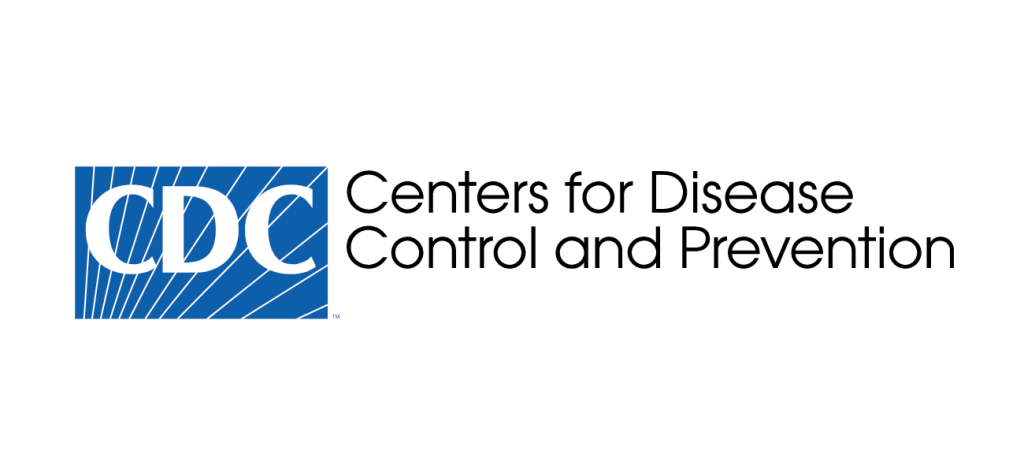
Data, Toolkits and Updates
CDC Respiratory Virus Updates
- How to Get Your Flu, COVID-19, and RSV Vaccines This Year
- 5 Things You Should Know about COVID-19 Vaccines
- Immunization Overview for Fall and Winter 2023-2024
- Respiratory Virus Vaccination for Pregnant People
- Update on RSV and New Vaccine Recommendation
- Update on SARS CoV-2 Variant BA.2.86 Being Tracked by CDC
- 2023-2024 Respiratory Disease Season Outlook – Summary
- Updated COVID-19 Vaccine Recommendations are Now Available
- What We Can Learn from Flu in the Southern Hemisphere
- Update on SARS CoV-2 Variant BA.2.86 Being Tracked by CDC
- Update on SARS CoV-2 Variant BA.2.86 Being Tracked by CDC
- New COVID-19 Variant BA.2.86 Being Tracked by CDC
Respiratory Virus Hospitalization Surveillance Network (RESP-NET)
The Respiratory Virus Hospitalization Surveillance Network (RESP-NET) comprises three networks that conduct population-based surveillance for laboratory-confirmed hospitalizations associated with COVID-19, respiratory syncytial virus (RSV), and influenza among children and adults.
Respiratory Virus Toolkit (cdc.gov)
A toolkit for preparing for and responding to nursing home residents or healthcare personnel (HCP) who develop signs or symptoms of a respiratory viral infection.
Healthcare Provider Toolkit for Respiratory Virus Season
Preparing your patients for the fall and winter virus season. Every year, influenza (flu), COVID-19, and Respiratory Syncytial Virus (RSV) cause hundreds of thousands of hospitalizations and thousands of deaths during the fall and winter virus season. In the United States, we now have more tools than ever before to help people protect themselves, their families, and communities.
2023-2024 Fall and Winter Virus Season Playbook
- Fall and Winter Virus Season Overview
- Outlook for the 2023-2024 Fall and Winter Season
- COVID-19 Bridge Access Program
- Communications Insights and Messaging
Vaccine Resources and Training
One stop-shop for all HCP job aids for COVID vaccines
U.S. COVID-19 Vaccine Product Information: Find a suite of information and materials that are needed for each specific COVID-19 vaccine that cover administration, storage and handling, safety, and reporting.
Infographics: Visual representations of the recommendations; these should be used in combination with complete clinical guidance
Recommended updated (2023–2024 Formula) COVID-19 vaccines for people who are NOT moderately or severely immunocompromised*†
COVID-19 Vaccine Training Module
CDC has created a single web-on-demand, self-paced training module for healthcare providers who administer COVID-19 vaccines. The module provides information about COVID-19 vaccine Emergency Use Authorization and safety, approved COVID-19 vaccines, and guidelines for vaccine storage, handling, administration, and reporting. This comprehensive, 45-minute module replaces four earlier modules that individually reviewed immunization best practices and vaccine-specific guidance.
NEW BLOG: 5 Things You Should Know about COVID-19 Vaccines
- 1. Updated 2023-2024 COVID-19 vaccines save lives and prevent hospitalizations.
- 2. COVID-19 vaccines are effective.
- 3. When side effects from COVID-19 vaccines occur, they are usually mild or moderate.
- 4. Talk to your healthcare provider before you believe everything you see or hear from others.
- 5. The updated COVID-19 vaccine recommendations are based on data and science.
Treatment and Therapeutics
HHS and Pfizer Reach Agreement to Increase Patient Access to Paxlovid
Today, the U.S. Department of Health and Human Services (HHS), announced that HHS and Pfizer have reached an agreement that extends patient access to Paxlovid, maximizes taxpayer investment, and begins Paxlovid’s transition to the commercial market in November 2023. This agreement builds on HHS and Pfizer’s strong partnership over the last three years that enabled the development, manufacture, and distribution of COVID-19 vaccines and therapeutics at a record pace.
[READ MORE]
Print Materials from the CDC
Downloads or print resources available: Handouts, Posters, Infographics, Stickers, Window Clings and Counter Clings
- Antibiotics
- Viruses or Bacteria
- Common Cold
- Ear Infections
- Bronchitis
Educational Resource Materials for Healthcare Professionals
Educational resources, continuing education (CE) and training opportunities, and resources for state and local health departments on antibiotic stewardship.
- Handouts
- Prescription Pads
- Community Pharmacy Posters
- Hospital Pharmacy Posters
- Consultant Pharmacy Posters
- Videos
- Social Media and Web Graphics
- Sticker Sheets, Window Clings, and Counter Clings
Viruses or Bacteria Handout/Poster
Handout, poster: Antibiotics are often prescribed when they are not needed for respiratory infections. Antibiotics are only needed for treating certain infections caused by bacteria. Viral illnesses cannot be treated with antibiotics. When antibiotics aren’t needed, they won’t help you, and the side effects could still cause harm.
About the Guidelines: The COVID-19 Treatment Guidelines
The COVID-19 Treatment Guidelines provide clinicians with evidence-based recommendations on the management of COVID-19.
- What’s New
- Table of Contents
- Guideline Development
- Panel Roster
- Panel Financial Disclosure
- Guideline Archive
Interim Clinical Considerations for COVID-19 Treatment in Outpatients
This page provides a treatment overview for healthcare providers.
- What You Need to Know
- Risk Factors for Severe COVID-19
- Outpatient Treatments for COVID-19
- Intravenous remdesivir (Veklury)
- Alternative Therapies
- Symptomatic Management
Liverpool COVID-19 drug interactions
Additional Resources
Education on billing & reimbursement process
COVID vaccine billing information is available at https://www.cms.gov/medicare/payment/covid-19/medicare-billing-covid-19-vaccine-shot-administration
Workforce shortage issues:
In August 2023, HRSA announced $100 million in awards to train more nurses, including nurse faculty and helping LPNs become RNs
Workforce shortage issues:
- CMS is partnering with HRSA on a national nursing career pathways campaign that will invest $75 million in scholarships and tuition reimbursement to recruit, train, and transition workers into nursing home careers (See WH fact sheet on staffing rule; advise consultation with NEC and DPC)
NEW RESOURCES AVAILABLE: Quick Assessment Reference Pocket Guides/Badge Buddies for Coding
The Centers for Medicare & Medicaid Services (CMS) is offering Pocket Guides to assist providers in assessing and coding self-care and mobility, falls, and pressure ulcers/injuries. The pocket guides provide a quick reference for important terms and definitions that promote coding accuracy. These training assets are intended for providers in Home Health Agencies (HHAs), Inpatient Rehabilitation Facilities (IRFs), Long-Term Care Hospitals (LTCHs), and Skilled Nursing Facilities (SNFs). The pocket guides are approximately 2 x 3.5 inches in size and are designed to be worn behind a provider identification badge. The pocket guides cover the following topics:
- Pocket Guide #1: Coding for Self-Care and Mobility Items.
- Pocket Guide #2: Definitions for Coding Section J Fall Items.
- Pocket Guide #3: Pressure Ulcers/Injuries Stages and Definitions. The pocket guides are available under the Downloads section of the Quality Reporting Program (QRP) Training page for each setting:
- Home Health QRP Training
- Inpatient Rehabilitation Facility QRP Training
- Long-Term Care Hospital QRP Training
- Skilled Nursing Facility QRP Training
If you have questions about accessing the resources or feedback regarding the trainings, please email the PAC Training Mailbox (PACTraining@EconometricaInc.com). Content-related questions should be submitted to the setting specific help desk:
- HomeHealthQualityQuestions@cms.hhs.gov
- IRF.Questions@cms.hhs.gov
- LTCHQualityQuestions@cms.hhs.gov
- SNFQualityQuestions@cms.hhs.gov
Medicare Advantage vs. Medicare Supplement Insurance Plans
12 Facts All Seniors Should Know About Medicare
The Ultimate Guide to Medicare Enrollment
26 Frequently Asked Questions About Long-term Care
A Comprehensive Guide to Financial Assistance for Senior Care and Living Expenses
How Much Does a Senior Home Cost?
Aging in Place Design Checklist: How to Design Safe & Accessible Homes
Long-Distance Caregiving: How to Ensure Your Loved Ones are Safe at Home
Signs a Senior Needs Help at Home
Senior Citizen’s Guide To Aging At Home Safely And With Dignity
List of Common Diagnoses of Elderly
Press Release: CMS Develops Additional Code for Coronavirus Lab Tests
Fact Sheet: COVID-19 Response News Alert: CMS Issues Frequently Asked
SNF QRP Data Collection and Final Submission Deadlines for the FY 2021
PAC-SNF-FY2021-QuickReferenceGuide
PAC-SNF-FY2022-QuickReferenceGuide
Head to Toe Infection Prevention Toolkit (ZIP)
Developing a Restful Environment Action Manual (DREAM) Toolkit (ZIP)
CMPRP-Toolkit 1 – Employee Competency Assessments (ZIP)
CMPRP-Toolkit 2 – Employee Satisfaction Survey (ZIP)
CMPRP-Toolkit 3-Guide to Staff Satisfaction (PDF)
CMS Releases ICD-10 Assessment and Maintenance Toolkit
Press Release: HHS Finalizes Historic Rules to Provide Patients More Control of Their Health Data
WHAT IS AN F-TAG NUMBER?
A federal tag (or F-tag) number corresponds to a specific regulation within the Code of Federal Regulations. For example, “F312” refers to the regulation requiring nursing facilities to provide dependent residents with care.
F-Tags are areas of compliance assessed during a Centers for Medicare and Medicaid Services or CMS Survey.
F-Tags are used by your state and CMS to identify deficiencies based on a community’s performance within CMS standards and guidelines. Each tag is related to one area of the Code of Federal Regulations.
Guidance for codes used with Federal Regulatory Groups for Long Term Care Facilities.
DOWNLOAD REVISED LIST OF F-TAGS
https://www.cms.gov/Medicare/Provider-Enrollment-and-Certification/GuidanceforLawsAndRegulations/Downloads/List-of-Revised-FTags.pdf
Tag to be cited by Federal Surveyors Only. June 21, 2021
Page 1. F540. Definitions. 483.12 Freedom from Abuse, Neglect, and Exploitation.
Requirements for Hospital Discharges to Post-Acute Care Providers
CMS is committed to ensuring that the health and safety of patients are protected when discharges from hospitals and transfers to post-acute care providers occur. Therefore, we are providing the following information:
- Reminding state agencies (SAs), accrediting organizations (AOs), and hospitals of the regulatory requirements for discharges and transfers to post-acute care providers.
- Highlighting the risks to patients’ health and safety that can occur due to an unsafe discharge.
- Recommendations that hospitals can leverage to improve their discharge policies and procedures to improve and protect patients’ health and safety.
Survey Activity Since October 24, 2022: What Facilities Need to Know to Prepare
Even when you’re confident in your processes and know you’re providing high quality care, surveys are stressful for you and your staff. In this guide, administrators and DONs share their experiences with surveyors in their regions to help you prepare.
Technical Users’ Guide | July 2022
Effective with the July 2022 refresh, CMS is revising the methodology for calculating the Staffing star rating. The new rating is based on six separate staffing measures. Similar to the Quality Measure (QM) rating, points are assigned based on the performance on each of these six measures.
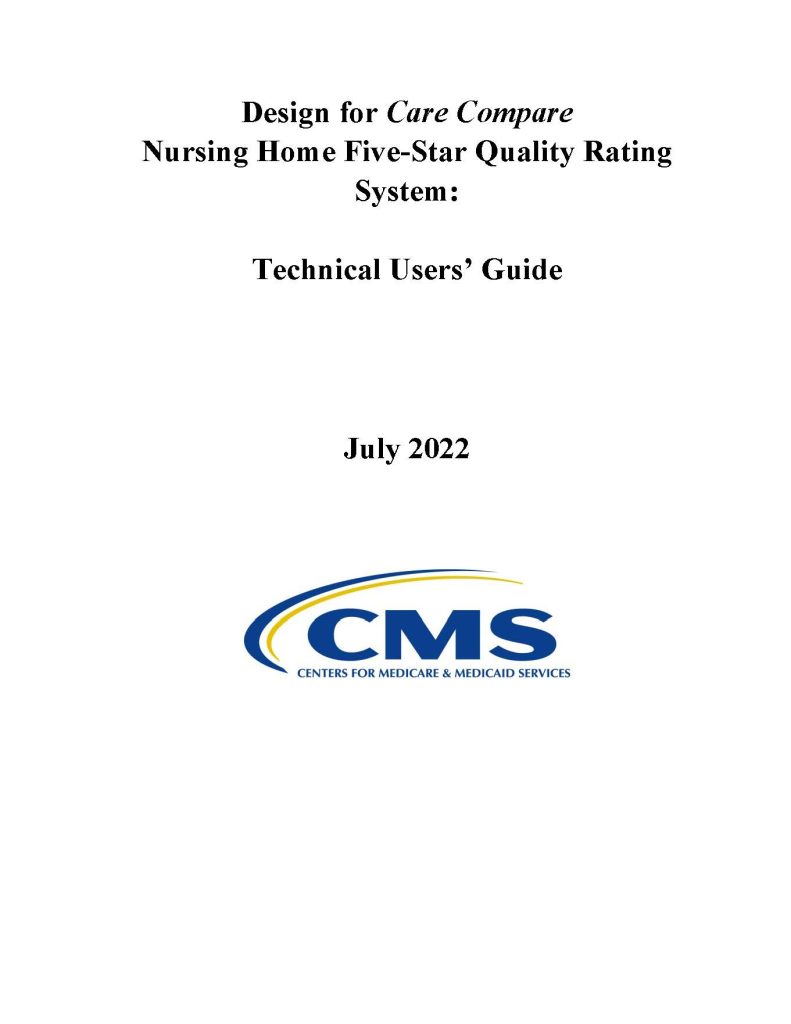
Infection Control Advocate & Resident Education (ICARE) Program Implementation Guide: Nursing Home Leadership & Staff
This project is supported by the Health Resources and Services Administration (HRSA) of the U.S. Department of Health and Human Services (HHS) under grant number UTQHP28735. Its contents are solely the responsibility of the authors and do not necessarily represent the official view of the Health Resources and Services Administration or the U.S. Department of Health and Human Services.
NURSING HOME INFECTION PREVENTION & CONTROL: WHERE WE ARE AND WHERE WE NEED TO GO
DOWNLOAD Infection Control Advocate & Resident Education (ICARE) Program
I WANT TO SERVE
Interested in serving on a board? Want to learn more about where to start? Fill out the form below to gain access to new resources and to receive updates on board opportunities across the nation.
https://tinyurl.com/NOBCIWantToServe
Diligent, NOBC Partnership Launch: How to Register in Diligent Network
Diligent, a new NOBC Strategic Partner, is a leader in governance technology that has worked with more than 25,000 organizations to modernize governance processes. The Diligent Director Network database also gives you access to search and apply for open board opportunities or use search capabilities to find potential board candidates outside of your existing networks.
In this webinar, learn how to register for the Diligent Director Network!
Diligent webinar: https://tinyurl.com/DiligentWebinar
Your Invitation to Join Diligent Director Network
We are excited to include you in the largest and most diverse database of directors and rising directors in the world. Using this form, we ask that you provide some preliminary information to have your initial profile created. Please select your referring Affiliation from the list on the form to ensure your profile is classified correctly.
Once complete, we will be in touch directly with additional details on how to access Director Network and to complete your profile.
Diligent Profile: https://tinyurl.com/DiligentProfile
___________________
Equilar Diversity Network Partnership Launch: Registering for the Network
About this event
Equilar is a leader in corporate leadership data. They partner with several leading ethnic and gender diversity organizations through the Equilar Diversity Network (EDN) to advance diverse representation in boardrooms across the globe.
In this webinar, learn how to successfully register in the Equilar BoardEdge registry, making your profile accessible to corporations searching for candidates that meet experiential and demographic criteria.
Equilar webinar: https://tinyurl.com/EquilarWebinar
NOBC: Equilar Diversity Network Participation
Please provide your information below to participate in the Equilar Diversity Network. Equilar Profile: https://tinyurl.com/EquilarProfile
____________
NOBC Partnership Launch:
How to Register in Diligent Director Network and Equilar Diversity Network for Consideration for Corporate Board Opportunities
Launch Kit https://tinyurl.com/LaunchKitt
Self Care for Nurses and Mental Health in Nursing
Nursing can be a very stressful profession. It requires a high level of compassion and empathy in difficult situations, not to mention long hours, frequent night shifts, or the risk of contracting contagious diseases. Some nurses might find that the challenges of the job begin to harm their mental health. This experience is common, and it can be very distressing.
According to a 2022 study on mental health in nursing published by the Elsevier Public Health Emergency Collection, 44.6% of nurses surveyed reported experiencing moderate to severe depression, while 31.1% reported moderate to severe anxiety. Finding the appropriate resources to care for one’s mental health is an important process. One of the best ways for nurses to manage their mental health is by practicing good self-care. Read on to learn more about why self-care is important, what it looks like on a practical level, and how to customize self-care systems.
Nursing Specialties with the Highest Salary
Deciding which nursing specialty to pursue is a major moment in a nurse’s career, and deserves a lot of thought and research. There are currently almost 100 nursing specialties across the United States, each one with different requirements, skills, education, responsibilities, etc. The right nursing specialty, one that a nurse is truly passionate about, helps alleviate the burnout of working many-hour shifts at all times of the day. When considering a specialty, nurses have a number of factors to examine including their technical interests, career and personal goals, and the current nursing shortage.
One important area to consider, however, is the salary. This guide will cover the nursing specialties with the highest salary and an overview of each nursing specialty.
The Fastest Route to Become a Nurse
The nursing profession is one of the fastest-growing and most popular career fields in the 21st century. Rising incomes and an aging population have resulted in increased demand for qualified nurses. Adding to this demographic shift, many regions face a shortage of nurses in specific specialties such as critical care and labor and delivery. Despite this immense opportunity, many prospective nurses believe that it takes a substantial amount of time and money to enter the field. However, thanks to new technologies and the ever-evolving educational environment, prospective nurses can choose quicker routes into nursing than ever before. However, it is essential to note that different nursing paths have varying education, time commitment, and licensing and certification requirements. As a result, before deciding on a path, you should reflect on what type of nursing or specialty you want to pursue. We will cover these paths and their pros and cons below.
NursingExams.org Scholarship Hub
Self Care Tips for Nurses’ Mental Health
The pandemic has proved even further what we’ve known to be true for a long time, nurses are a vital asset to our healthcare system. In order to offer some relief for their monthly loan payments, we recently created what we believe to be the most in-depth guide for nurses who may be thinking about refinancing their student loans. Education Loan Finance
Nurse Resume Example & Writing Guide
Nursing interview questions & how to answer them
Financial Aid and FAFSA Guide for College Students
The Guide to Scholarships by Major
Ultimate Guide for Nursing Students
Getting Through Nursing School with a Learning Disability
Tips to Maintain Good Mental Health in Nursing School
Best Jobs for Nursing Students
Financial Tips For Young Adults: How To Budget, Save And Protect Your Finances
Do I Qualify for Financial Aid?
Best Guide to Online DHA Programs
The Student’s Guide to Managing Stress in College
Dermatology Nurse Career Overview
Griswold’s new scholarship program honors caregivers, founder’s legacy
Elder Abuse & Neglect – Warning Signs & How to Prevent it
Best Colleges Scholarships for Nursing Students
The 5 Most Affordable Online MBA Programs 2021
Grades Fixer: Useful Tools for Virtual and Distance Learning
Financial Aid for Marginalized Students
Become with Lantern: Plan your career from start to finish
Guide to the Best Online Master’s Programs in 2021
College Consensus Best Online Colleges & Universities
BRC Healthcare Programs That Are Bringing Real Change
Career Exploration Guide in Medical Imaging: A Resource Guide for Healthcare Students
The 10 Best College Majors for the Future
How To Manage Your Online Studies Efficiently
Finding a Job as a Nursing School Graduate
6 Essential Tips for Nurses in their First Year
Nursing in California: Plan Your Career as an RN or LVN
College Students Guide to Ergonomics
College Scholarship Guide – EduBirdie
Guide to BSN to DNP Programs Online
Guide to Online DNP Programs (Doctor of Nursing Practice
Certified Nursing Assistant (CNA) nurse.org
Preventing Trips and Falls at Home and the Workplace: Design and Layout Considerations
Age-in-Place Home Improvements: A Room-by-Room Guide
13 Minority Nursing Scholarships
How to Identify and Address Apathy Caused by Dementia
Top 21 Scholarships for US Entrepreneurs 2021 (Applying tips & Statistics)
The Increasing Demand for Nurses: An Online Guide to Educational and Career Pathways
Guide to Online Nursing Programs
Students’ Guide to Online Lectures
Students’ Guide to Succeed in Discussion Forums
The 20 Best Nursing Career Specialties
Legal Assistance for Nursing Home Abuse
Top 60 Online Master’s Programs No GRE
SeniorCare.com Aging Matters Scholarship
Resume Builder Create a Resume
Resume Builder High School Resume Examples
25 Nursing School Leaders Tell Nursing Students What to Expect in 2021
Seven Mistakes to Avoid When Searching for Your First CNA Job
Nursing Career Requirements Overview
Financial Aid and Scholarships for Online Graduate Students
University HQ Nursing Degree Guide
Online Colleges that Offer Free Laptops or Tablets
8 Simple Questions to Finding Your Nursing Niche
Recent college graduates face a tough job market : Here are your options
Guide to Finding and Winning Nursing Scholarships
Scholarships for Nursing Majors
What is a Medical Assistant and How Can You Become One
Financial Assistance for Single Mothers
Healthcare Administration Degrees Guide
Family Nurse Practitioner Programs Online
Free Internet for Students: 7 Providers Offering Support
Online Degrees in Public Service
Financial Aid for Online Colleges
Nursing Cover Letter Example & Guide [2020]
Understanding of Federal Student Aid
Advent Health University Night Shift Nurse Survival Guide: Resources, Tools & Tips
Nurse Journal Social Community for Nurses Worldwide Financial Aid Overview and Scholarships
DeVry University Healthcare Degrees
Reviews.com – The Best Scholarship Search Platforms of 2017
Nursing Scholarship Health Care Leaders
Registered Nursing.org RN to MSN Guide
Healthcare administration degree guidebooks to better help job seekers, professionals, and students understand the changing landscapes of healthcare administration both at school and work. This guidebook can be viewed here: http://www.publichealthdegrees.org/program/masters/mha
Accredited Online Schools and Colleges Online Nursing Programs from Top Schools
Health Services Administration Major
Medical and Billing Coding (Student guide, icd-10, scholarship)
Managing Nurse Fatigue – A Commitment to Quality Care
Rutgers Online – Pursue What’s Next: RN to Bachelor of Science in Nursing
Bradley University Online Master of Science in Nursing Program
Contacting a state board of nursing – How to find them
College Guidebook: Tips and tricks to success
Guide to Online Universities & Colleges
Online College Financial Aid Opportunities
Student Success: A College Survival Guide
The Online MBA in Healthcare Management
How to Get Hired: A Grads Guide to a Career
College Universities: Your Education Starts Here
Colorado Technical University Masters of Nursing
Maryville College – Nursing in the United States
Georgetown University School of Nursing and Health Studies
2018 Most Affordable Online Colleges
Best Value Schools Masters in Nursing Online
Top Accredited Online Colleges
George Washington University School of Nursing and Health Studies
What Can I Do With My MSN Degree?
University of Louisiana Lafayette RN to BSN
Purdue University Global Nursing School Programs
Scholarships for Student Caregivers
Free CNA Training and Classes Near You
Student’s Guide to Financial Aid Online: How to Pay for College Responsibly
Guide to Online BSN to DNP Programs
Milken Institute School of Public Health
Best Trade Schools: Nursing and Healthcare
The Recovery Village: Drug and Alcohol Treatment for the Elderly
Careerblog: Nursing Resumes Samples and How-to Guides
Nurse Journal: Types of Master’s Degrees in Nursing
Graduate Certificates Available for Nurses
Discover Healthcare Administration
WGU Ohio College of Health Professions Online
Prime Medical Alert Prime Scholarship
https://www.incrediblehealth.com/blog/discounts-for-nursing-students/
In the years to come, our country is projected to experience a shortage of nurses that will only be aggravated by the aging Baby Boomer generation. Considering nurses’ contributions to the entire medical industry, the impact would degrade our society’s health at large. It’s increasingly more important than ever to encourage individuals to pursue or advance their careers in nursing.
However, the variety of degree and certificate options, and all the acronyms that come with them can make the nursing field difficult to navigate. In order to help alleviate the confusion, my team at Nursing.org curated a streamlined series of guides breaking down degree types, program requirements, and flexible degree options. You can check them out below:
Becoming a Nurse Series
Nursing Career Pathways
https://www.nursing.org/careers/
Earning a Nursing Degree:
https://www.nursing.org/degrees/
Flexible Nursing Programs:
https://www.nursing.org/online-programs/
Accelerated Nursing Programs:
https://www.nursing.org/online-programs/accelerated-nursing-programs/
Becoming a Certified Nursing Assistant
What is a CNA?
https://www.nursing.org/careers/certified-nursing-assistant/
Flexible CNA Programs:
https://www.nursing.org/online-programs/certified-nursing-assistant/
Scholarships for Prospective Nurses:
https://www.nursing.org/scholarships/
In order for our healthcare system – and more broadly, our society – to be able to address the needs of its people, we need well-trained nurses to counteract the shortage. We researched these guides to help nurses advance their careers for the betterment of both their lives and their communities.
Earning an Associate’s in Nursing

NursingExams.org has developed resources to help nurses handle different aspects of their jobs, how to address their mental health, and ways to improve their career.
How to Deal with Difficult Patients as a Nurse
Nurses and other medical professionals are present for patients during good and bad times. Sometimes, it can be the worst day a person has ever had when they encounter a nurse. From rude comments to large-scale outbursts, many things happen in medical facilities that make it challenging for nurses to know how to deal with difficult patients. Of course, in a professional environment, maintaining a level of professionalism is paramount. Finding a way to complete the job at hand with poise and compassion while dealing with a complex emotional situation is a balance that can be hard to strike.
Self Care for Nurses and Mental Health in Nursing
Nursing can be a very stressful profession. It requires a high level of compassion and empathy in difficult situations, not to mention long hours, frequent night shifts, or the risk of contracting contagious diseases. Some nurses might find that the challenges of the job begin to harm their mental health. This experience is common, and it can be very distressing.
According to a 2022 study on mental health in nursing published by the Elsevier Public Health Emergency Collection, 44.6% of nurses surveyed reported experiencing moderate to severe depression, while 31.1% reported moderate to severe anxiety. Finding the appropriate resources to care for one’s mental health is an important process. One of the best ways for nurses to manage their mental health is by practicing good self-care. Read on to learn more about why self-care is important, what it looks like on a practical level, and how to customize self-care systems.
Nursing Specialties with the Highest Salary
Deciding which nursing specialty to pursue is a major moment in a nurse’s career, and deserves a lot of thought and research. There are currently almost 100 nursing specialties across the United States, each one with different requirements, skills, education, responsibilities, etc. The right nursing specialty, one that a nurse is truly passionate about, helps alleviate the burnout of working many-hour shifts at all times of the day. When considering a specialty, nurses have a number of factors to examine including their technical interests, career and personal goals, and the current nursing shortage.
One important area to consider, however, is the salary. This guide will cover the nursing specialties with the highest salary and an overview of each nursing specialty.
The Fastest Route to Become a Nurse
The nursing profession is one of the fastest-growing and most popular career fields in the 21st century. Rising incomes and an aging population have resulted in increased demand for qualified nurses. Adding to this demographic shift, many regions face a shortage of nurses in specific specialties such as critical care and labor and delivery. Despite this immense opportunity, many prospective nurses believe that it takes a substantial amount of time and money to enter the field. However, thanks to new technologies and the ever-evolving educational environment, prospective nurses can choose quicker routes into nursing than ever before. However, it is essential to note that different nursing paths have varying education, time commitment, and licensing and certification requirements. As a result, before deciding on a path, you should reflect on what type of nursing or specialty you want to pursue. We will cover these paths and their pros and cons below.
NURSEEDUCATOR.COM is dedicated to advancing the nurse educator profession. Their goal is to empower aspiring nurse educators with the knowledge, tools, and resources they need to pursue fulfilling careers in nursing education.
Online Nurse Educator Degrees and Programs
For those that enjoy nursing and teaching, becoming a nurse educator could be the ideal opportunity to pursue a fulfilling career. Online nurse educator degrees and programs provide a way for nurses to obtain the education they need, allowing them to advance their skills and make a difference in the community. Aspiring nurse educators will need to already have obtained a bachelor’s degree in nursing (BSN) and hold an active RN license before they can pursue a specific nurse educator degree, which is only available at the graduate and doctoral levels.
There are several degree routes for those interested in becoming nurse educators. Depending on the student’s prior education level, they may opt for a master’s degree, a post-master’s certificate, or a doctorate such as a DNP, Ph.D., or Ed.D. Learn more about each degree type below:
NURSEPRACTIONERONLINE.COM is dedicated to advancing the nurse educator profession. Their goal is to empower aspiring nurse educators with the knowledge, tools, and resources they need to pursue fulfilling careers in nursing education.
Complete Online Nurse Practitioner Guides
Are you ready to advance your nursing career?
Nurse Practitioners (NPs) enjoy working with diverse patient populations delivering specialized high-level care, all while earning an increased salary.
If you think going back to school won’t fit into your life – think again. A traditional classroom-based program is NOT your only option.
Online nurse practitioner programs are available at the Master’s, Post-Master’s Certificate, and Doctorate levels. Nurses all over the country are able to reach the next level in their careers by fitting in their education whenever and wherever they choose – online programs make it all possible. Learn more about online NP programs, how to become an NP, and search programs by specialty, degree level, and state.
Does Medicare Cover Durable Medical Equipment?
Medicare covers DME under the following conditions:
- It must be deemed medically necessary, needed to diagnose or treat an illness, injury, condition, disease, or its symptoms and meet accepted standards of medicine.
- It must be ordered by your health care provider, and your provider must be enrolled in Medicare.
- It must be provided by a supplier that is enrolled in Medicare.
Medicare Advantage Plans may have additional requirements for DME coverage, such as using network providers and obtaining prior authorization.
What Parts of Medicare Cover Durable Medical Equipment?
Medicare covers DME under Part A if it is used as part of your hospital or skilled nursing facility stay or if you are in hospice. Medicare Part B covers medically necessary DME and supplies for use in the home and a long-term care facility. DME benefits are available to you whether you have Original Medicare or a Medicare Advantage Plan.
Who Is Eligible for Medicare Coverage of Durable Medical Equipment?
You must have Original Medicare Part B (medical insurance) to get DME coverage for use in the home or long-term care setting. You must have Original Medicare Part A (hospital insurance) to get DME that is included in your hospital or skilled nursing facility stay. Your health care provider must write an order for your DME and may have to document why it is medically necessary for you. Your doctor and your supplier must be enrolled in Medicare.
You must be enrolled in Medicare Parts A and B to join a Medicare Advantage Plan. As an enrollee, you are eligible for DME coverage according to your plan’s rules about how to obtain it.
What Durable Medical Equipment Does Medicare Cover?
Medicare covers DME that is medically necessary. Your DME must be ordered and supplied by providers and suppliers enrolled in Medicare. Medicare has strict requirements for suppliers, and they must have a Medicare supplier number, or Medicare will not pay.
Medicare coverage and payment for DMEPOS items can be complicated because there are so many types of equipment and devices available. For instance, there are more than five types of air mattress or bed overlays to prevent bedsores if you are confined to a bed. Your Medicare supplier should know what Medicare will pay for and what documentation is required from your physician.
In January 2021, Medicare established the DMEPOS Competitive Bidding Program, which adjusts the amount Medicare pays for certain DMEPOS. Under this new program, suppliers submit bids to provide certain items and supplies to people with Original Medicare living in, or visiting, competitive bidding areas. Medicare uses these competitive bids to set the amount it pays for each item and only awards contracts to suppliers who are screened thoroughly. Currently, the only DMEPOS included in the program are off-the-shelf back and knee braces. If you have Original Medicare, you must get these braces from a contract supplier if you live in a competitive bidding area. Your supplier must accept the Medicare-approved charge.
Here are lists of what Medicare covers, separated into two categories: DME and supplies, and prosthetics and orthotics. Below each item is information about what is covered, what may be excluded from coverage, and your costs.
How Much Does Durable Medical Equipment Cost?
Most DMEPOS are covered under Part B. You pay 20% of the Medicare-approved amount (if your supplier accepts assignment) after you pay your annual deductible ($233 in 2022). Medicare pays for different kinds of DME in different ways. Depending on the type of equipment:
- You may need to rent the equipment, for instance, a hospital bed or oxygen concentrator.
- You may need to buy the equipment, for instance, most prosthetics or orthotics.
- You may be able to choose whether to rent or buy the equipment, depending on your Medicare supplier.
Original Medicare will only cover your DME if your doctors and DME suppliers are enrolled in Medicare. Suppliers who participate in Medicare must accept assignments. Doctors and suppliers have to meet strict standards to enroll and stay enrolled in Medicare. If your doctors or suppliers aren’t enrolled, Medicare won’t pay the claims they submit. Find Medicare equipment and suppliers here.
If you have a Medigap plan to supplement Original Medicare, your costs for most DME items are covered after you meet your annual Part B deductible. Plans K and L pay a percentage of your Part B coinsurance up to an out-of-pocket max of $6,620 and $3,310 respectively in 2022. You must pay a monthly premium for a Medigap plan. If you don’t have a Medigap plan with Original Medicare, there is no limit on what you may spend for DME.
Medicare Advantage Plans must cover DME according to Medicare guidelines, but your cost-sharing will be different. You may have an annual deductible and pay either copays or coinsurance for DME. You must follow your plan’s rules regarding network providers and prior authorization requirements, or your plan may not pay. Medicare Advantage Plans have an annual maximum out-of-pocket limit for Medicare-covered items ($7,550 in-network, $11,300 for in-network and out-of-network combined in 2022).
What Are Your Options to Help Pay for Durable Medical Equipment?
Original Medicare plus Medigap
If you have a Medigap plan, your costs for Medicare-covered Part A and Part B services and supplies are more predictable. You pay the annual Part B deductible and your monthly Medigap premium. Most DME costs are covered. Find Medicare equipment and suppliers who accept Medicare assignments here. Visit Medicare’s site to find a Medigap plan available in your area.
Medicare Advantage Plan
If you have a Medicare Advantage Plan as an alternative way to receive your Medicare benefits, your DME is covered by your plan. Costs and copays vary, depending on your plan, but many offer standard DME at zero or low cost. You may pay a monthly premium and an annual deductible. Your DME options may be limited to in-network providers, and you may have to obtain prior authorizations before your plan will pay. Find out what your plan covers and what you pay in your plan’s Evidence of Coverage document.
Medicaid
If you qualify for Medicare and Medicaid due to low income and resources, Medicaid may help cover your DME costs. Contact your local State Medical Assistance (Medicaid) Office to see if you are eligible for financial assistance.
Bidding
If you need a back or knee brace, you may have access to the lowest possible cost if you live in a competitive bidding area. The program may expand its reach and include different types of DME in the future.
Secondhand
Your community secondhand medical supply store. Many communities have medical equipment and supply stores where people can donate new or gently used items. These items are then resold at reasonable prices to people who need them and can’t afford retail.
- Nursing Home STRONG ECHO provides regular videoconferencing learning sessions for any healthcare professionals working in long term care. Nursing Home STRONG – Center for Older Adults (unthsc.edu)
- Geriatrics ECHO supports primary care providers in their efforts to care for older adults in the community through video conferencing sessions with case discussions. HSC Geriatrics ECHO – Center for Older Adults (unthsc.edu)
- Online education modules are available anytime for any interested health professional. Geriatric Continuing Education Modules – Center for Older Adults (unthsc.edu)
Performance improvement project (PIP) action plan templates
By Michaun Shetler | July 14, 2023 | SNF/NF providers
Superior Health has created Performance Improvement (PIP) action plan templates to assist nursing facilities in decreasing hospitalizations caused by a healthcare acquired infection (HAI). Templates were created for COVID-19, Clostridioides difficile infection (CDI), pneumonia, sepsis and urinary tract infection (UTI).
The templates are in Word format so you can use them to meet the needs of your facility.
Common Repair Scams Targeting Seniors and How to Avoid Them
How can Seniors avoid Fraud and What Can You Do About It?
Bathroom Safety Tips for Caregivers
How To Keep Elderly Loved Ones Safe From Online Scams
Cyber Safety for Elderly and Seniors
Fall Home Maintenance Checklist For Seniors
Improving Sleep in the Elderly
Trabeculectomy Surgery for Glaucoma
Senior Care.com Aging Matters Scholarship
Sign up for AGE with PURPOSE, a weekly Newsletter offering bits of wisdom for folks 50 and over.
Check the status of a disability application, print a benefit verification letter, request a replacement Social Security card and Medicare card and manage the benefits they already receive.
Create your personal my Social Security account today
A free and secure my Social Security account provides personalized tools for everyone, whether you receive benefits or not. You can use your account to request a replacement Social Security card, check the status of an application, estimate future benefits, or manage the benefits you already receive.
Open a my Social Security account at www.ssa.gov/myaccount for convenient, secure access to many of Social Security’s online services from home or on the go. Watch this video for more information.
Relaxation Techniques
Nursing interviews
Questions & how to answer them
Looking to land a rewarding job as a nurse?
Preparing answers to the most common nursing interview questions is a good place to start. Take a look at our guide and prepare well in advance!Looking to land a rewarding job as a nurse? Preparing answers to the most common nursing interview questions is a good place to start. Take a look at our guide and prepare well in advance!
The most common nursing interview questions and answers
First up, it’s one of the most open-ended nursing interview questions: “Tell me about yourself.” When the interviewer utters these four words, they want to know what makes you right for the job and what you plan to bring to the table.
While it’s most likely the first thing a recruiter will ask you, this question requires an in-depth yet concise answer. You don’t want to do a whole soapbox speech, but you do need to let the interviewer know that you have what it takes to succeed.
2. “What makes you a good nurse?”
You’ve answered one of the most difficult nursing interview questions. Now it’s time to showcase your passion for the sector. When a recruiter asks you what makes you a good nurse, they are really asking what motivates you. Highlight the core reason you chose this career, the caring attributes you have, and any special skills you’ve got under your belt. Don’t be afraid to throw in some anecdotes to back up any of your claims here.
3. “What are your strengths?”
When we talk about nursing job interview questions, it’s important not to overlook the generic ones. Chances are, the recruiter will throw in the odd “ what are your strengths ” question to get a general feel for you as an employee. Here’s your chance to toot your own horn. For every skill that you list, be sure to back it up with some supporting evidence.
If you want to stand out from the crowd — and you absolutely do — include your Unique Selling Point (USP). What do you have that other candidates do not? For instance, you may have an in-depth knowledge of maternity care or end-of-life care. Be specific here!
Go to website to see all of the questions and answers….
Use template Go to website
All adults remember the times when they were recent college graduates far from understanding how to navigate the world of finance. We also know how important education is for students and how difficult their academic journey may be without the necessary funds.
To encourage young people to acquire proactive financial habits and help them overcome financial challenges, we introduce a scholarship contest and offer $1000 to spend on their educational purposes, like college books, tuition, loans, or equipment.
Go on reading for more details, and do not hesitate to apply by filling in a form on our website!
Scholarship Reward Description
Sharing your ideas about essential things with other people always requires courage, perseverance, and effort. We understand how powerful words are. If you want to be noticed and change the world for the better, take your chance to participate in our contest. We offer a scholarship for the most creative essay to foster young talented people to express their thoughts about actual world issues and ideas to overcome the biggest challenges of the 21st century.
We would like to see English-speaking candidates ready to show their best analytical and writing skills and present their essays related to one of the following areas:
- Human Rights and Different Types of Discrimination;
- Healthcare Problems and Mental Diseases;
- Climate Change and Pollution;
- Freedom of the Press and Disinformation;
- Reasons for Poverty and Ways to Fight It.
If you’re interested in these subjects, we invite you to share your ideas, choose a topic that resonates with your soul from the list below, and submit an application. We accept only one essay per person. We’ve made the process of submitting the application form easy and quick. You just need to follow the instructions on the website, insert the necessary personal data, and upload your paper created according to the requirements.
APPLY AND READ MORE HERE
Each scholarship will award $5,000 to 10 students with the most compelling ideas for addressing some of the biggest challenges in healthcare.
- GoodRx Helps Equity in Pharmacy Scholarship
- For current or recently graduated pharmacy (PharmD) or pharmacy technician students (CPhT, PTCB)
- Applications open May 16 – June 27
- GoodRx Helps Future Black Physicians and Physician Associates Scholarship
- For current or recently graduated Black medical (MD, DO) or physician associate students (PA)
- Applications open June 1 – July 13
- GoodRx Helps Nurses for Change Scholarship
- For current or recently graduated nursing (LPN/LVN, ASN, BSN) or advanced degree nursing students (MSN, APRN, DNP)
- Applications open July 5 – August 15
Eligibility requirements for the scholarships:
- Have a minimum grade point average of 3.0 on a 4.0 scale (or its equivalent)
- Self-identify as a person from an underrepresented population in the healthcare field
Students can visit www.goodrxhelps.org to learn more about and apply for the GoodRx Helps scholarships.
Amanda Kistler Scholarship Program (CDONA)
In order to promote the educational pursuits of our members in LTC nursing, and support the facilities where they work, the Board of Directors and the Scholarship Committee are pleased to announce the awarding of up to ten (10) scholarships each year to qualified individuals who would like to further their education by becoming certified as a CDONA to positively impact your practice in Long Term Care Nursing.
This scholarship opportunity is available to NADONA licensed nurses, who want to become certified in order to advance their nursing practice. The certified nurse will use their knowledge to positively impact resident life.
Deadline: April 15, 2023
Stephanie Carroll Scholarship
This scholarship has been established in memory of Stephanie Carroll, long-time valued NADONA employee. It will be awarded to a nursing student enrolled in an accredited nursing program who has chosen Long Term Care or Geriatrics as their practice area after graduation. Nursing students in an undergraduate or graduate program are also eligible to apply for this scholarship. The following guidelines have been developed for this scholarship.
DEADLINE TO SUBMIT SCHOLARSHIP IS April 15, 2023
Mesothelioma Guide: Restoring Hope for Mesothelioma Patients
Sokolove Law Diagnosed with Mesothelioma? Speak with our legal team now
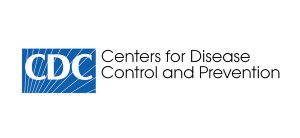
COVID-19 Vaccine Information Statement | CDC ~ 10/2023
COVID-19 vaccine can prevent COVID-19 disease. Vaccination can help reduce the severity of COVID-19 disease if you get sick.
COVID-19 is caused by a coronavirus called SARS-CoV-2 that spreads easily from person to person. COVID-19 can cause mild to moderate illness lasting only a few days, or severe illness requiring hospitalization, intensive care, or a ventilator to help with breathing. COVID-19 can result in death.
If an infected person has symptoms, they may appear 2 to 14 days after exposure to the virus. Anyone can have mild to severe symptoms.
- Possible symptoms include fever or chills, cough, shortness of breath or difficulty breathing, fatigue (tiredness), muscle or body aches, headache, new loss of taste or smell, sore throat, congestion or runny nose, nausea or vomiting, or diarrhea.
- More serious symptoms can include trouble breathing, persistent pain or pressure in the chest, new confusion, inability to wake or stay awake, or pale, gray, or blue-colored skin, lips, or nail beds, depending on skin tone.
Older adults and people with certain underlying medical conditions (like heart or lung disease or diabetes) are more likely to get very sick from COVID-19.
RSV Vaccine Information Statement | CDC ~ 10/2023
RSV vaccine can prevent lower respiratory tract disease caused by respiratory syncytial virus (RSV). RSV is a common respiratory virus that usually causes mild, cold-like symptoms.
RSV can cause illness in people of all ages but may be especially serious for infants and older adults.
- Infants up to 12 months of age (especially those 6 months and younger) and children who were born prematurely, or who have chronic lung or heart disease or a weakened immune system, are at increased risk of severe RSV disease.
- Adults at highest risk for severe RSV disease include older adults, adults with chronic medical conditions such as heart or lung disease, weakened immune systems, or certain other underlying medical conditions, or who live in nursing homes or long-term care facilities.
RSV spreads through direct contact with the virus, such as droplets from another person’s cough or sneeze contacting your eyes, nose, or mouth. It can also be spread by touching a surface that has the virus on it, like a doorknob, and then touching your face before washing your hands.
Symptoms of RSV infection may include runny nose, decrease in appetite, coughing, sneezing, fever, or wheezing. In very young infants, symptoms of RSV may also include irritability (fussiness), decreased activity, or apnea (pauses in breathing for more than 10 seconds).
Most people recover in a week or two, but RSV can be serious, resulting in shortness of breath and low oxygen levels. RSV can cause bronchiolitis (inflammation of the small airways in the lung) and pneumonia (infection of the lungs). RSV can sometimes lead to worsening of other medical conditions such as asthma, chronic obstructive pulmonary disease (a chronic disease of the lungs that makes it hard to breathe), or congestive heart failure (when the heart can’t pump enough blood and oxygen throughout the body).
Older adults and infants who get very sick from RSV may need to be hospitalized. Some may even die.
2019 Wound Care Conference Guide Winter-Spring
2019 Wound Care Certifications Guide
2019 Wound Care Organizations Guide
The National Pressure Injury Advisory Panel (NPIAP) is an independent not-for-profit professional organization dedicated to the prevention and management of pressure injuries. Formed in 1986, the NPIAP Board of Directors is composed of leading experts from different health care disciplines— all of whom share a commitment to the prevention and management of pressure injuries. With our focus on pressure injury prevention and management, the NPIAP serves as a unique resource to health care professionals, the government, public, and health care agencies. The NPIAP welcomes and encourages the participation of those interested in pressure injury issues through utilization of NPIAP educational materials, participation at national conferences, and support of efforts in public policy, education and research.
Podcast ~ Jan. 27, 2022 "A Spoonful of Sugar – Empty Bed Syndrome: The Impact of Staffing Shortages"
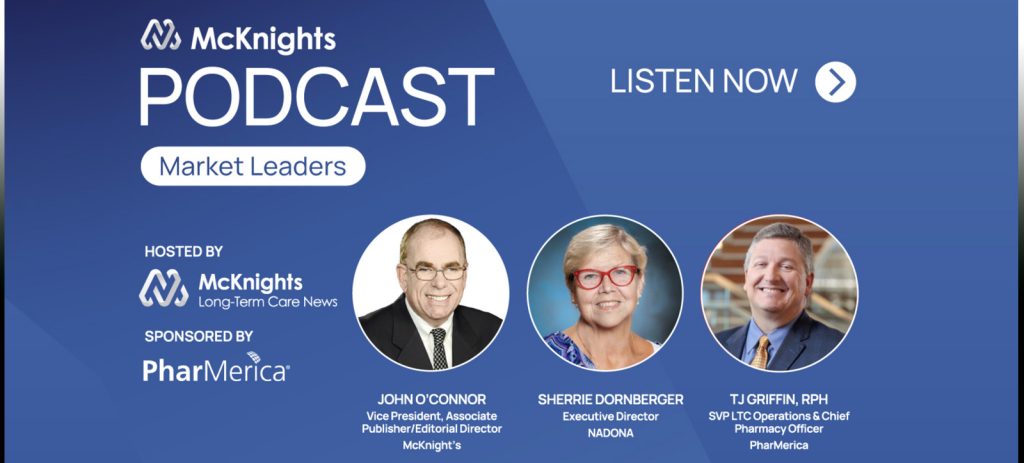
[Partner content] In this first episode of A Spoonful of Sugar, experts explore staffing’s impact on skilled nursing operations. When admissions from hospitals and the community plummeted during COVID, nursing home occupancy crashed. Despite some gains in 2021, occupancy stood at 75% in September. A return to pre-pandemic rates is still far off, but the virus is no longer the only culprit. Projected financial losses are leading to staff cuts in settings already plagued by vaccine mandates and retention challenges. And fewer workers mean fewer beds. That’s because the loss of direct care workers reduces the number of residents a facility can safely admit without having quality levels suffer. In fact, nearly 60% of nursing homes are limiting new admissions due to shortages. This is the first in a year-long series of podcasts sponsored by PharMerica.
LIVE SPOONFUL OF SUGAR PODCAST On DONs and Administrators working better together, in partnership with PharMerica
An Open Letter To Administrators: DONs and administrators work toward the same goal. But it often seems they are miles apart, especially when it comes to ensuring nurses receive the tools and support they need. In this engaging and lively discussion, nurses will speak out about ways to improve the dynamic.
NADONA is proud to offer these great webinars. Increase your knowledge while getting needed CE as part of many states license requirements and requirement to renew certifications. These webinars may also be part of your corporations clinical ladders!
In order to receive CE for webinars, you must register individually and sign in to the webinar
Survey Activity State by State
A Town Hall with DONs and Administrators Webinar
Presented by:
Julie Braswell Stafford, RN, LNHA, CDP, CDONA, CADDCT, FACDONA, IP-BC, CALN, Administrator, Chatham Nursing & Rehabilitation
Shari Carson, RN, BSN, LNHA, Vice President, NADONA
Mindi Estes, RN, BSN, Regional Director of Clinical Services, Mission Health Group
Brenden Garozzo, MA, LNHA, CALA, RHP, Senior Development Manager, Eventus Strategic Partners
Moderated by NADONA leadership, this forum will provide an overview of survey statistics since the CMS Phase 3 guidance was implemented in October and first-hand accounts from DONs and administrators from each region in the country on recent activity.
The panelists will share experiences from their states on what immediate jeopardy citations are being issued so attendees can understand common focus areas of surveyors as well as best practices for responding and steps facilities can take to address noncompliance.
Learning Objectives:
1. Identify the number one citation issue in the nation under the new guidance
2. Discuss 2 areas (F-Tags) which have resulted in immediate jeopardy
3. Explain 2 best practices for responding to the survey issues
Recording of Webinar ~ Sept. 27, 2022 "Part 2: CMS Phase 3 Guidance: Quality of Care, Behavioral Health Services, and Food and Nutrition"

Recording of Webinar ~ Oct. 4, 2022 "Part 3: CMS Phase 3 Guidance: Infection Control, Pharmacy Services, Quality of Life, and Physician Services"

Recording of Webinar ~ Oct. 11, 2022 "Part 4: CMS Phase 3 Guidance: QAPI, Compliance and Ethics Program, Physical Environment, and Nursing Services"
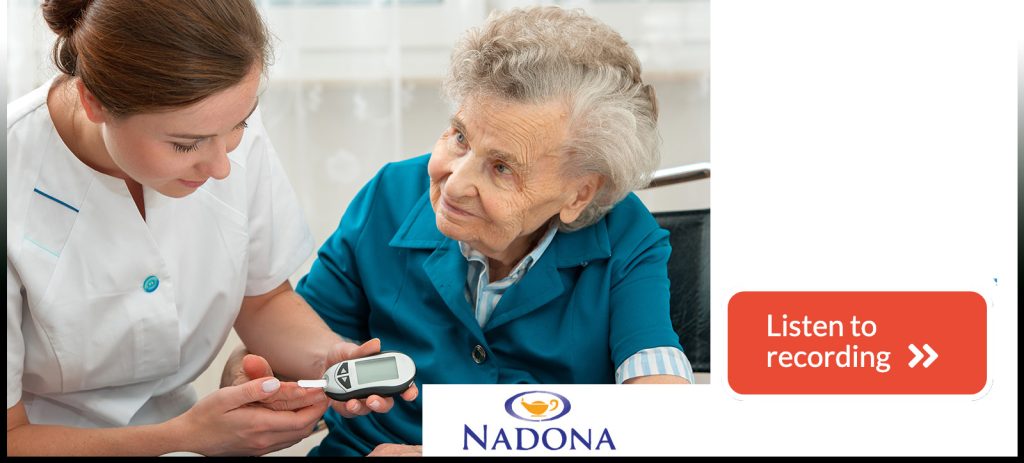
Recording of Webinar ~ Oct. 18, 2022 "Part 5: CMS Phase 3 Guidance: Behavioral Health Services; and Food and Nutrition"

Recording of Webinar ~ Sept. 15, 2022 " The Medication Pass: An Evidence-Based and Person-Centered Approach to Improving Efficiency""

Recording of Webinar ~ Aug. 3, 2022 "All Aboard! Staying on Track to Optimize Psychotropic Medications"
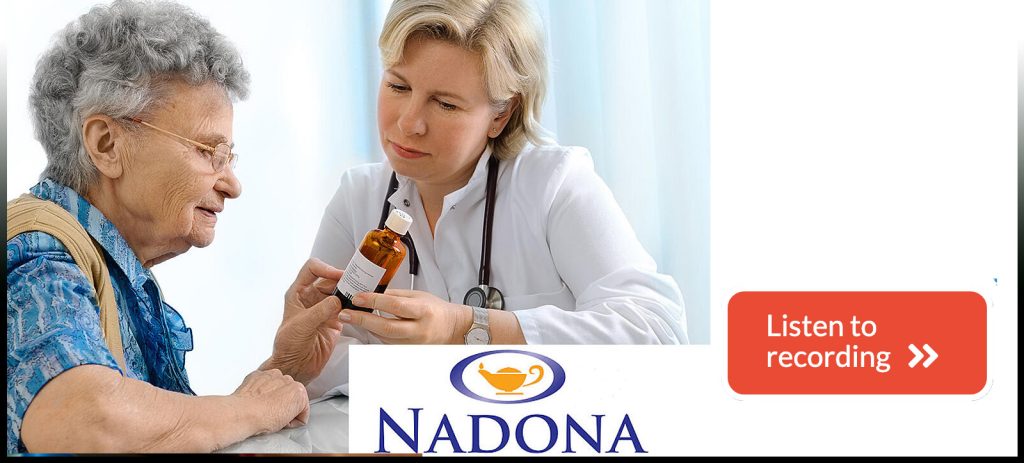
FAQs from Webinar ~ Aug. 3, 2022 "All Aboard! Staying on Track to Optimize Psychotropic Medications"
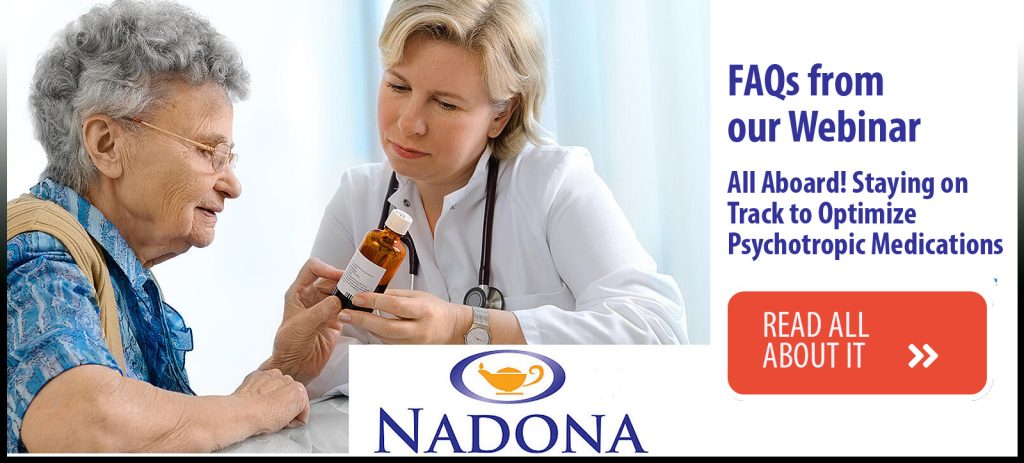
Our Mission
PharMerica is partnering with trail-blazing nurse leader organizations, including NADONA, to provide critical information and insights for DONs and Clinical Consultants for enhanced outcomes, care excellence, and a bright future for nurses.
Discover the Tools You Need to Succeed
- Leadership Interviews
- Webinars, Podcasts & Videos
- Timely Topics
- Best Practices
